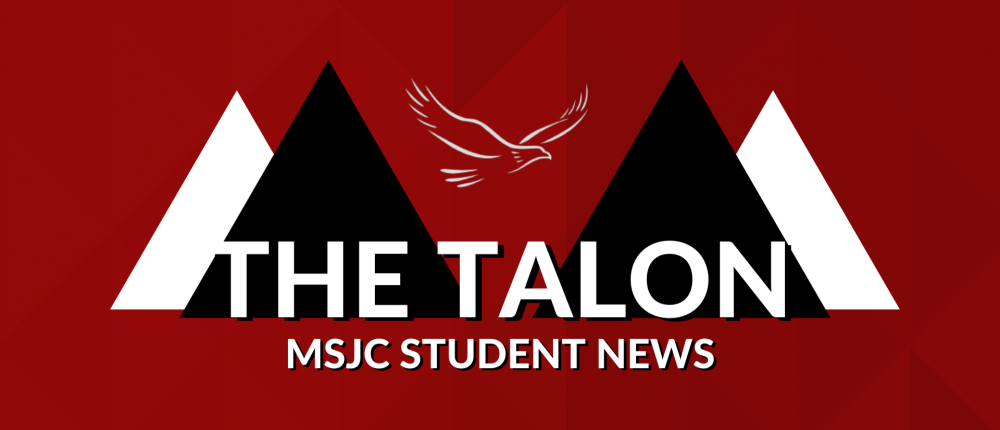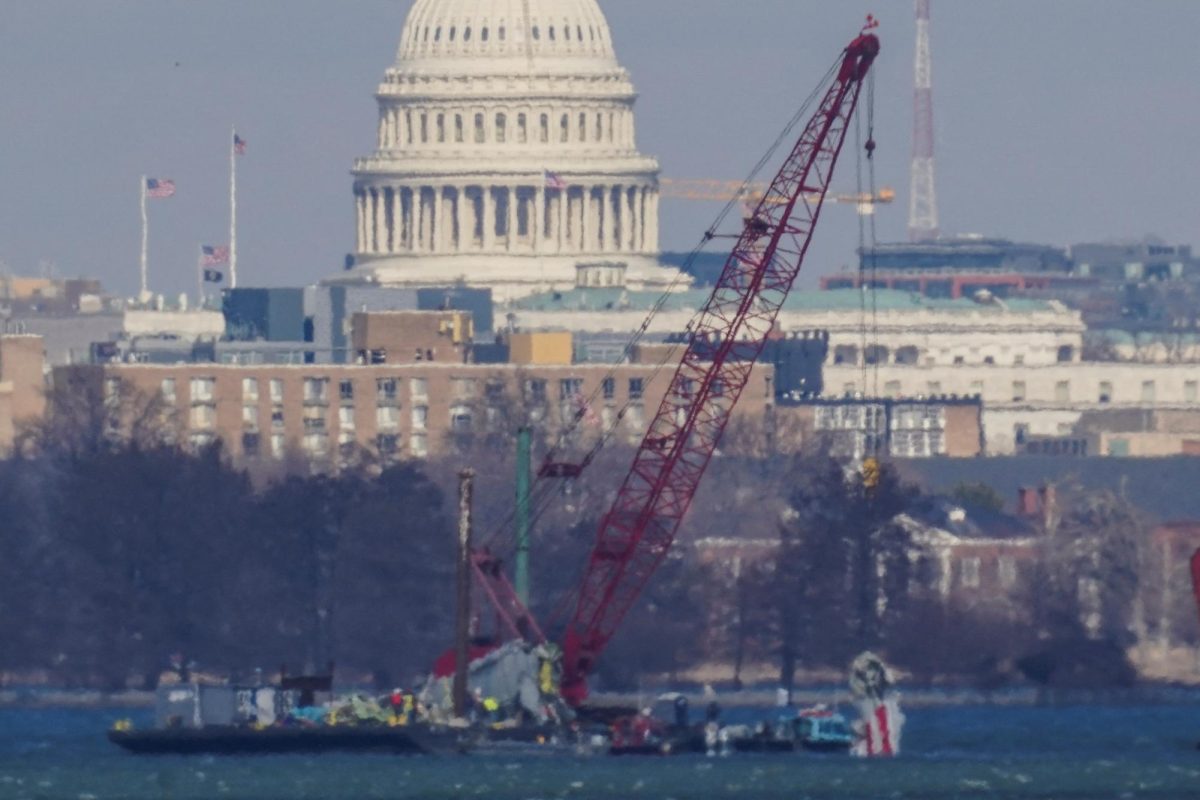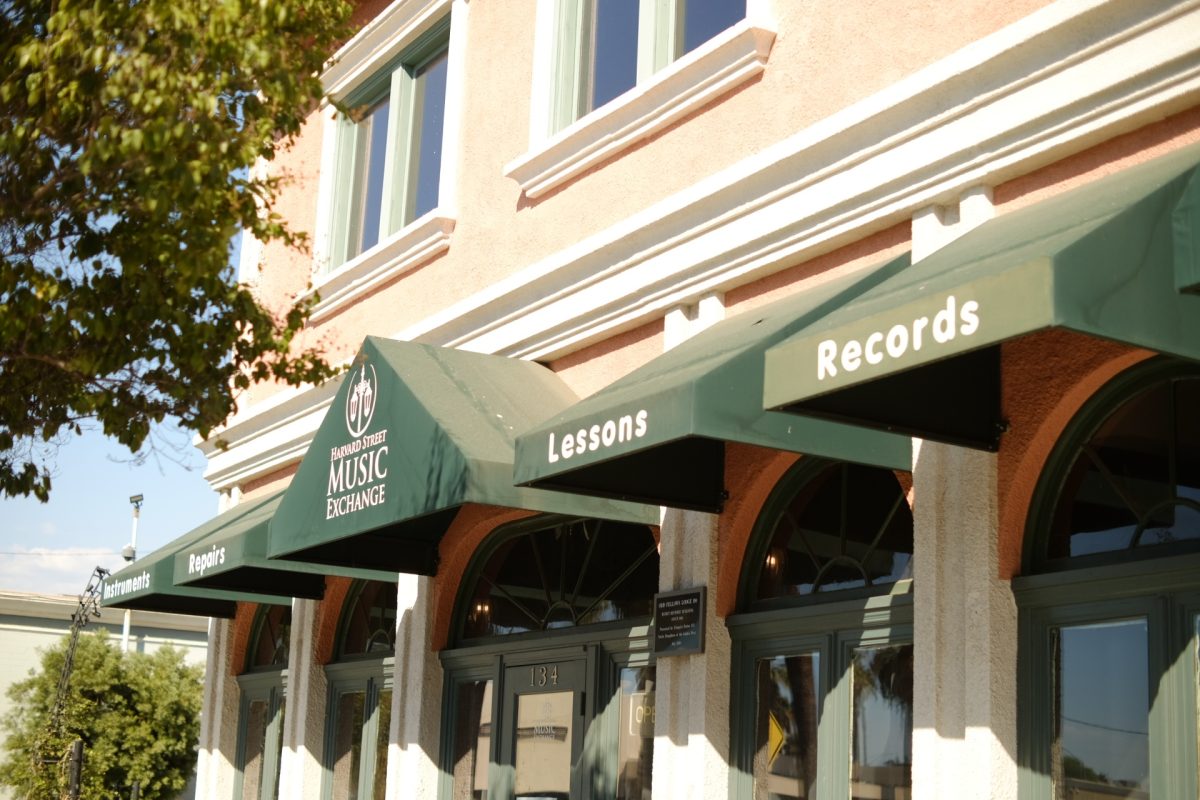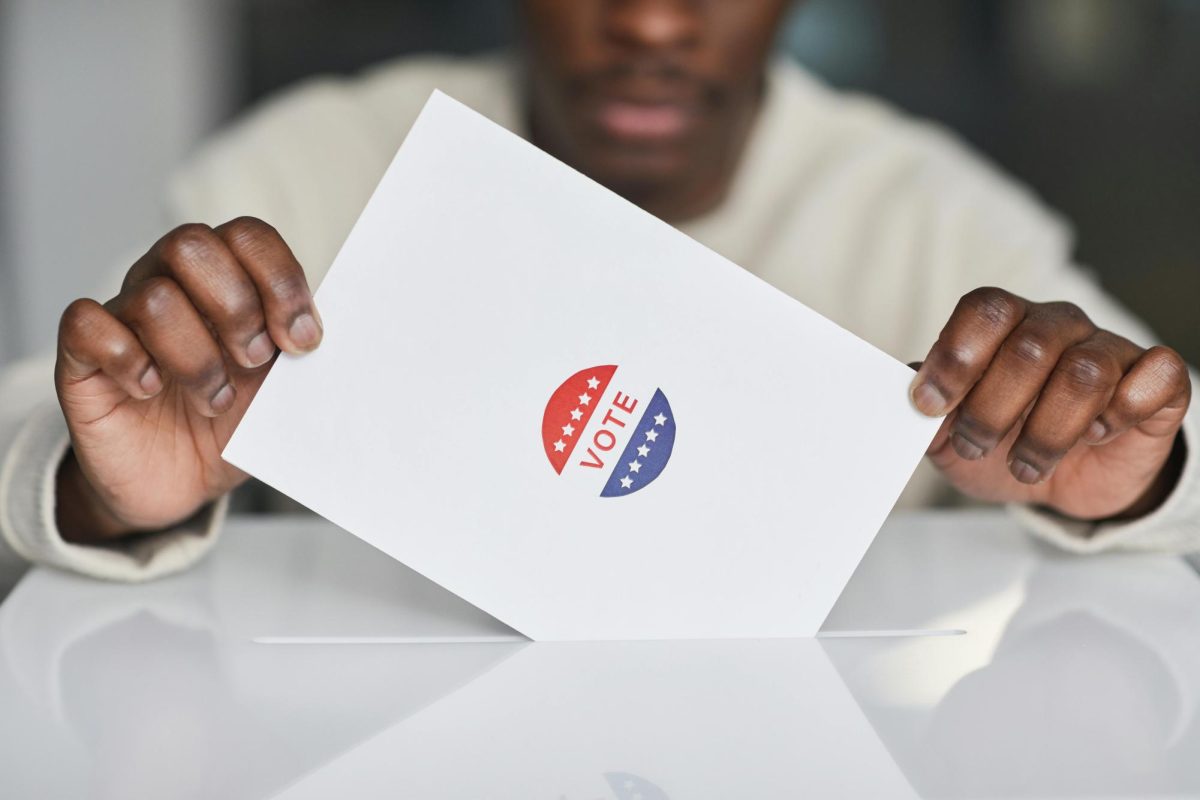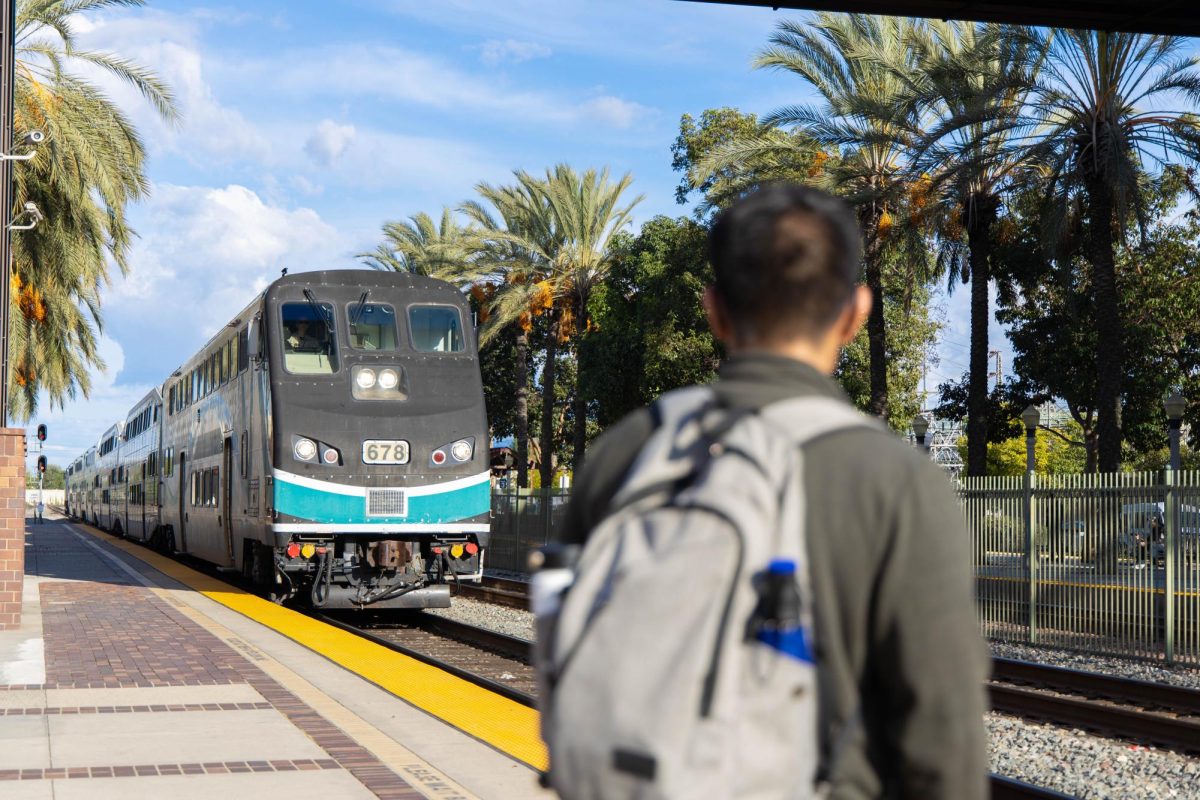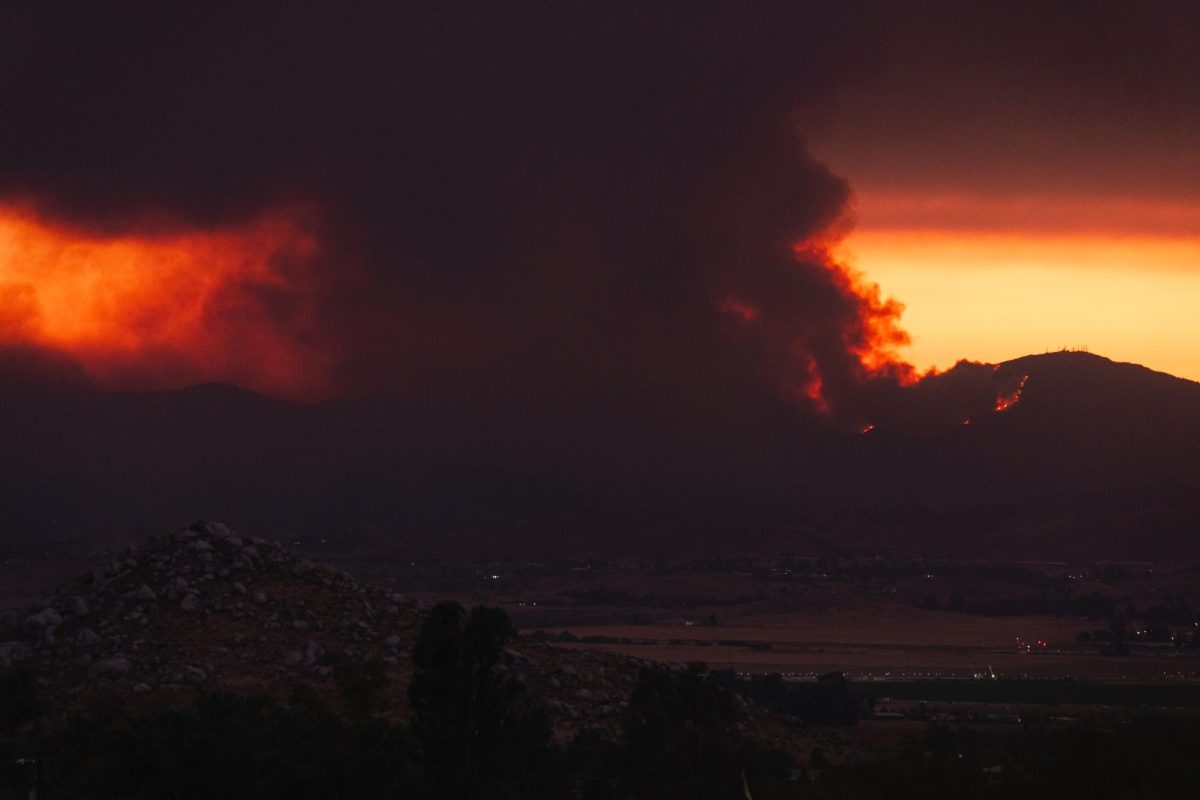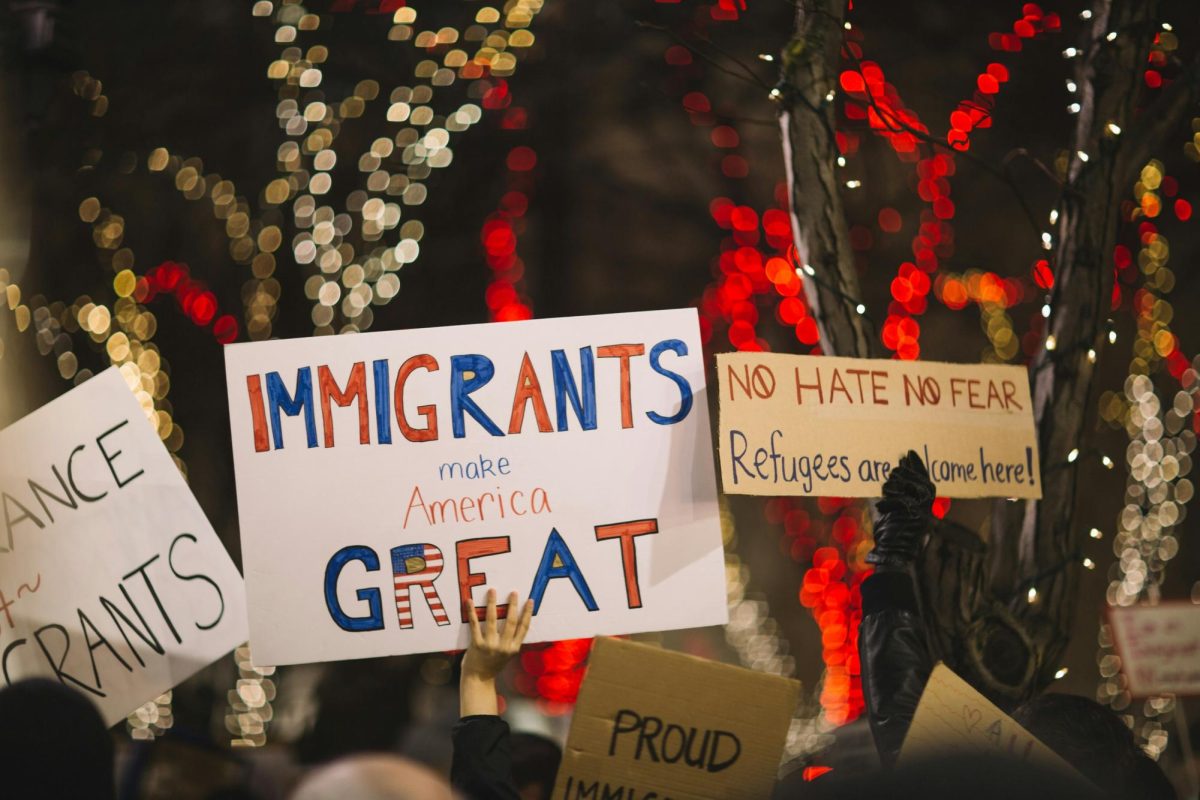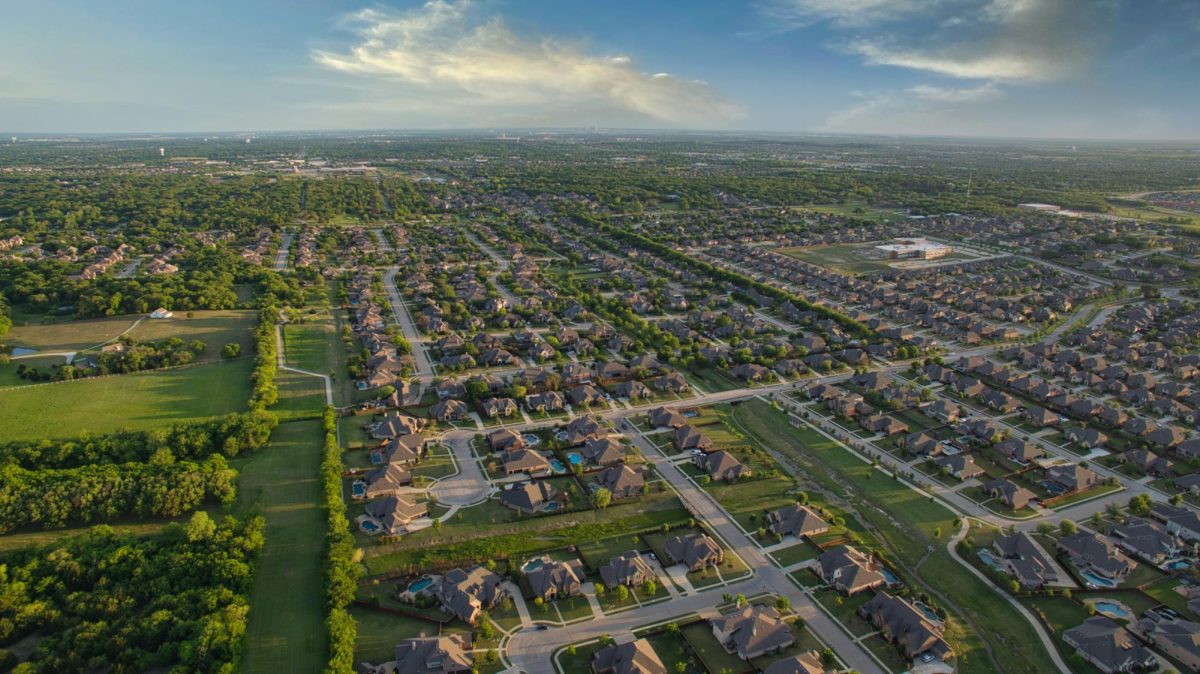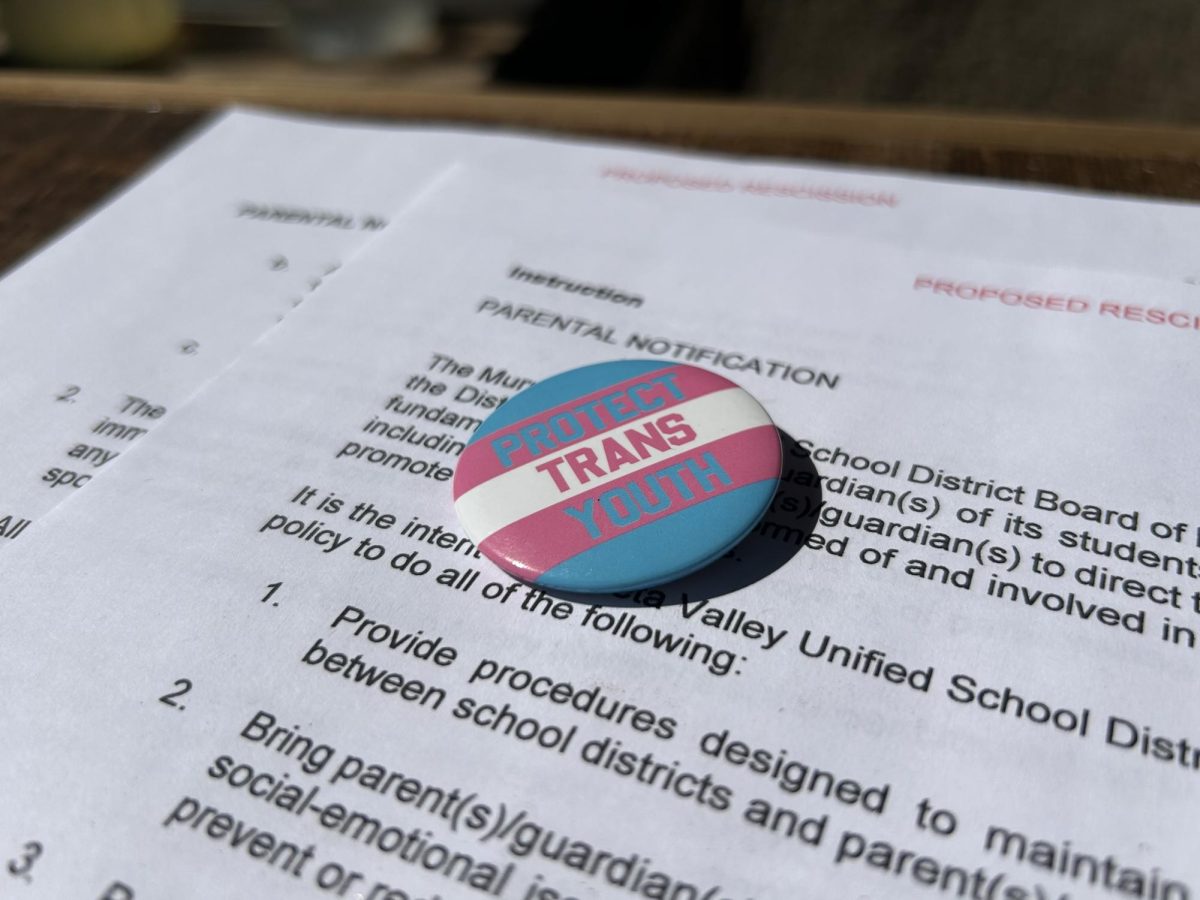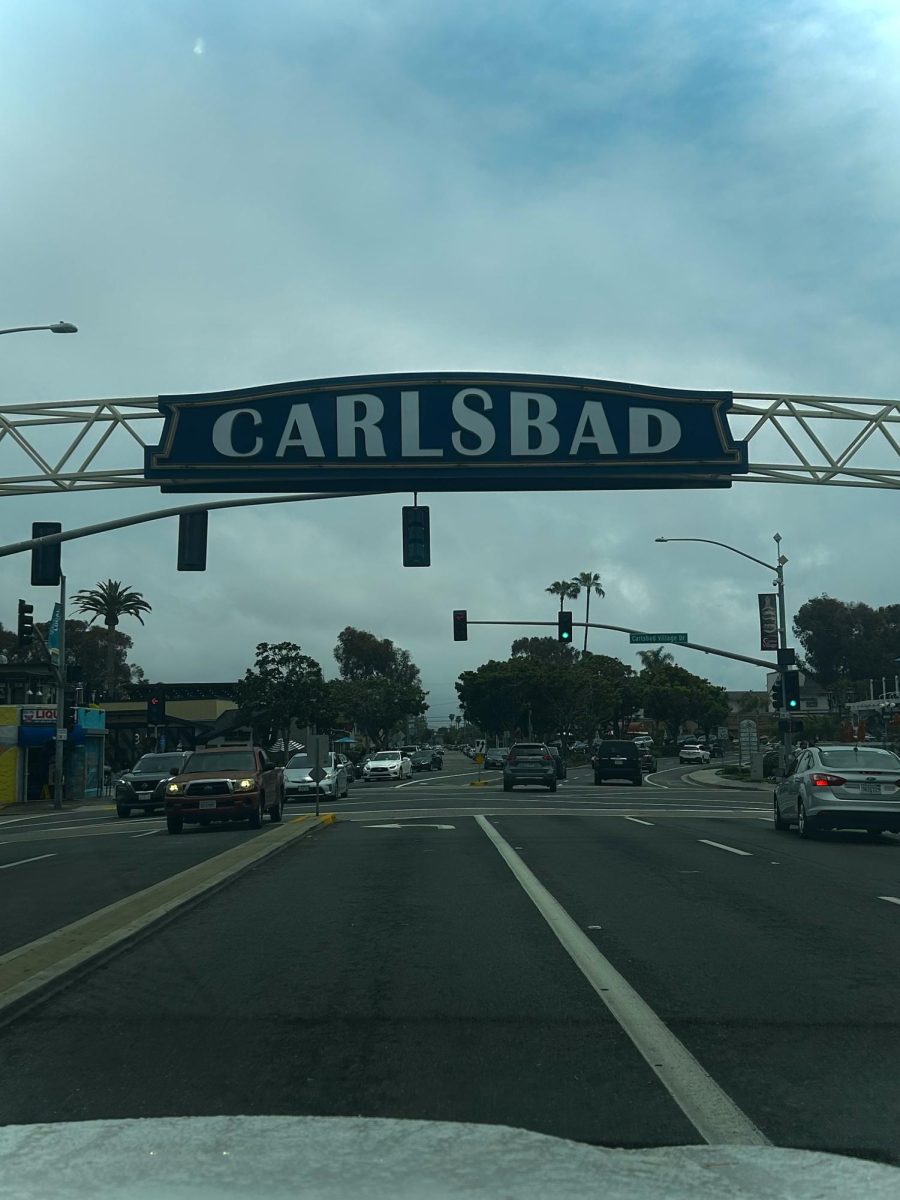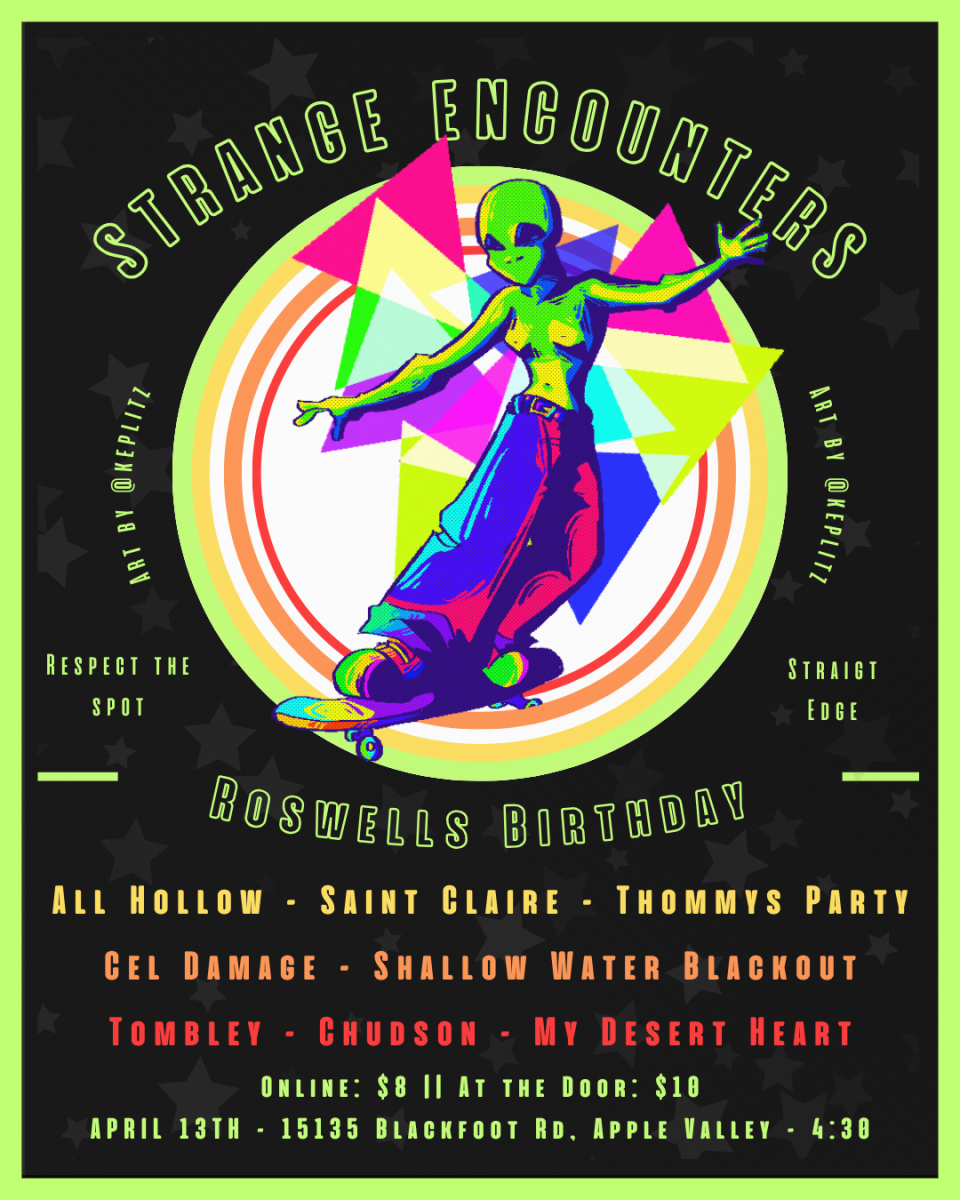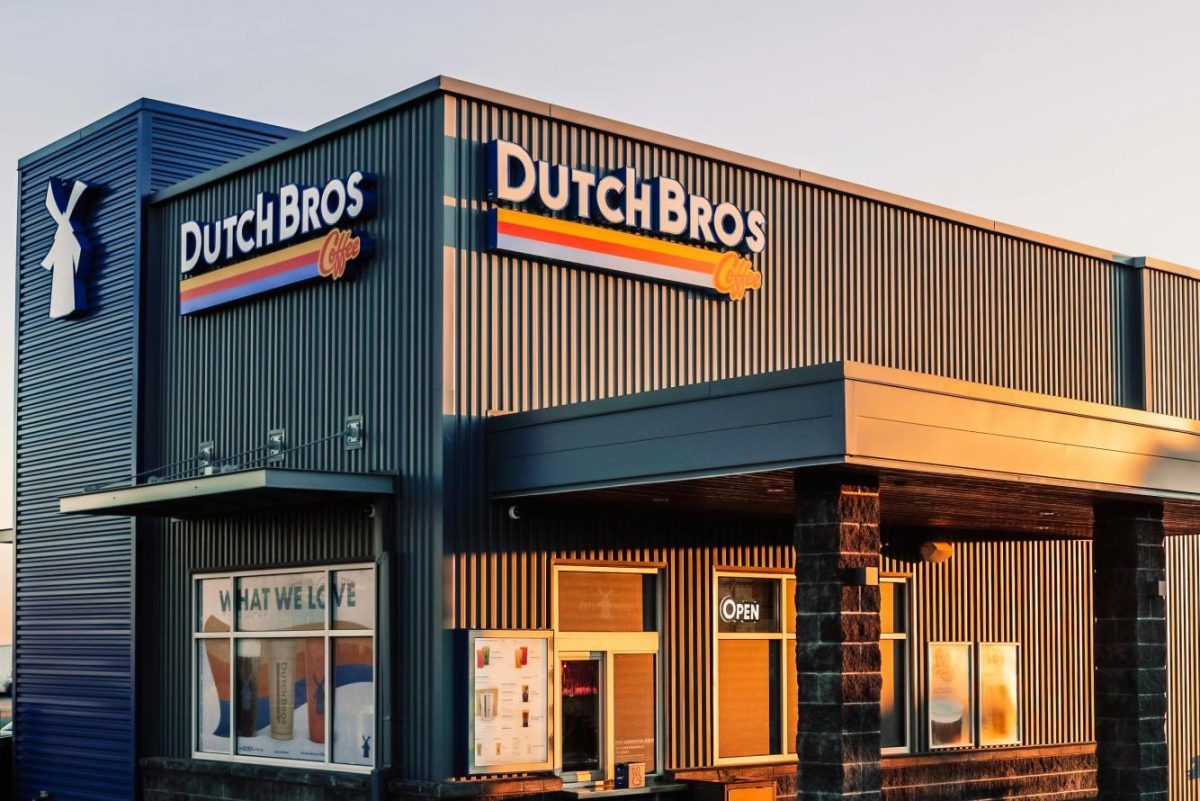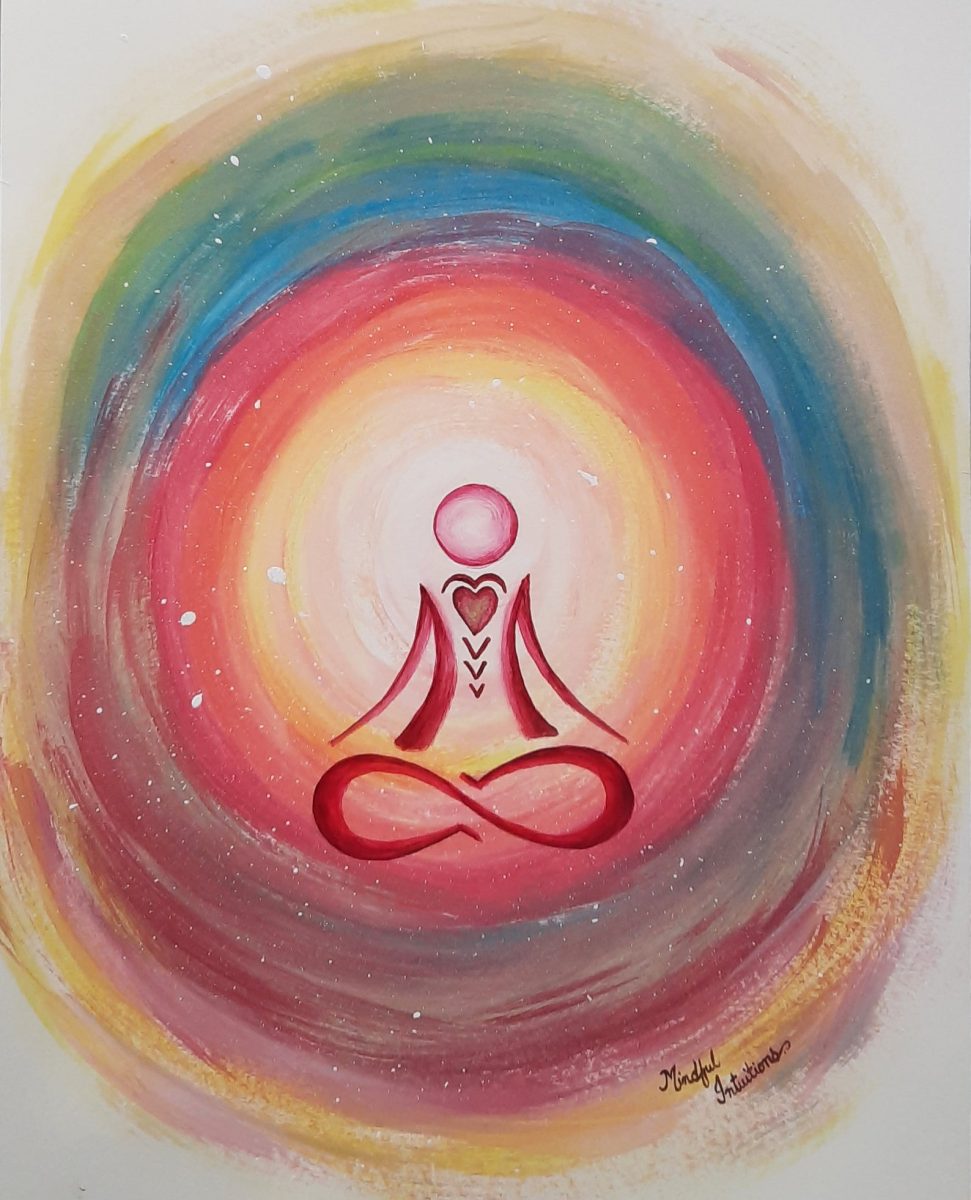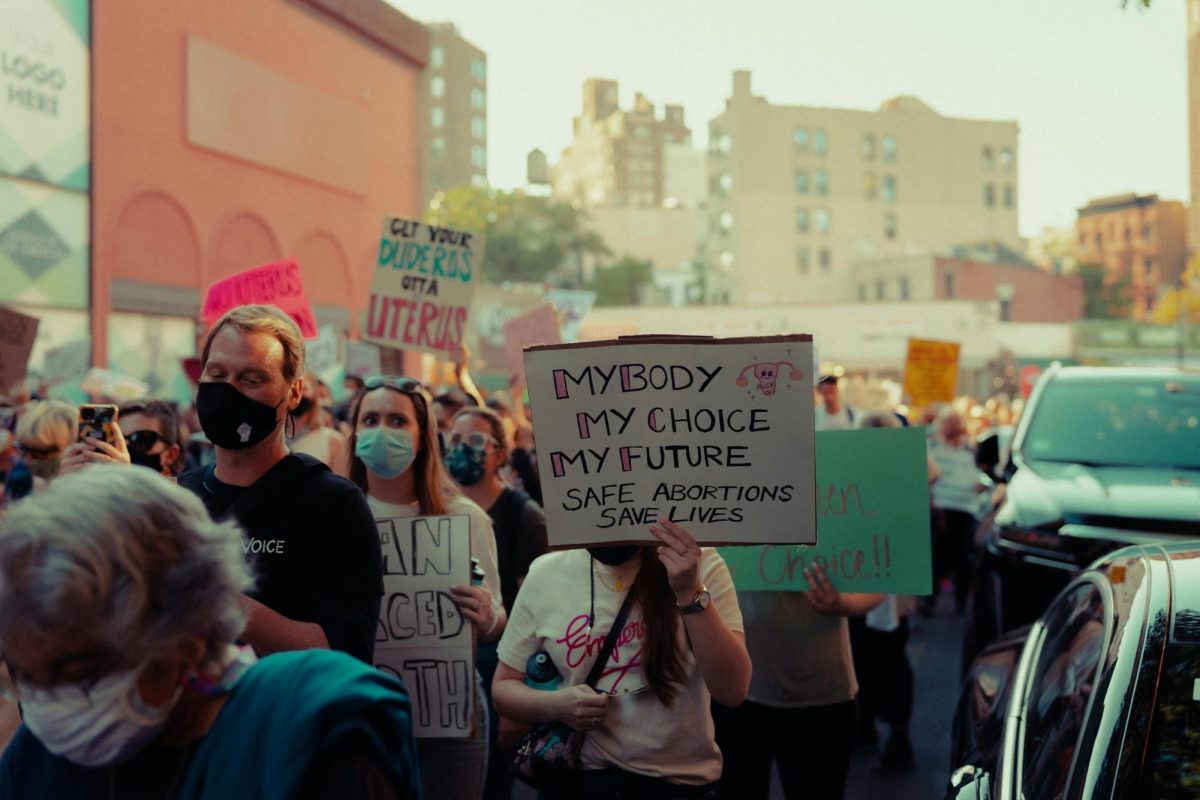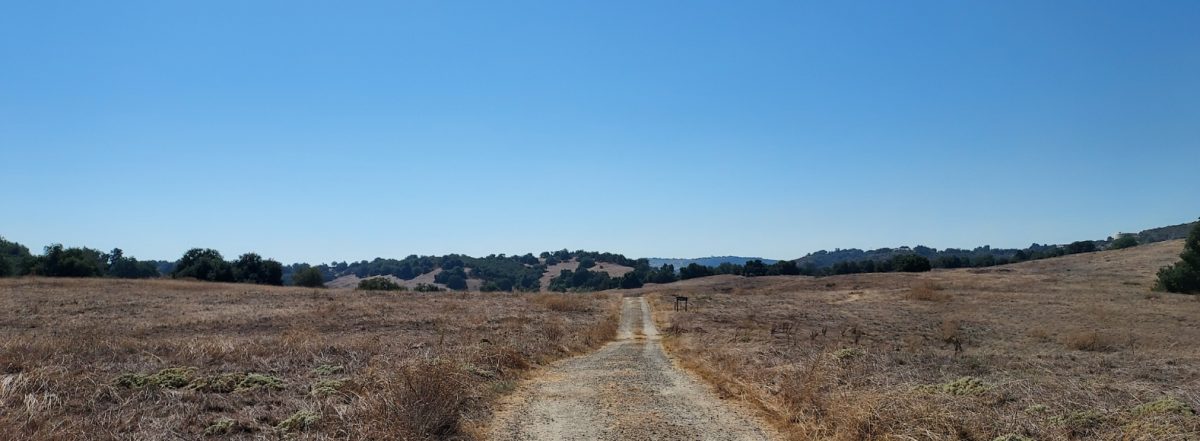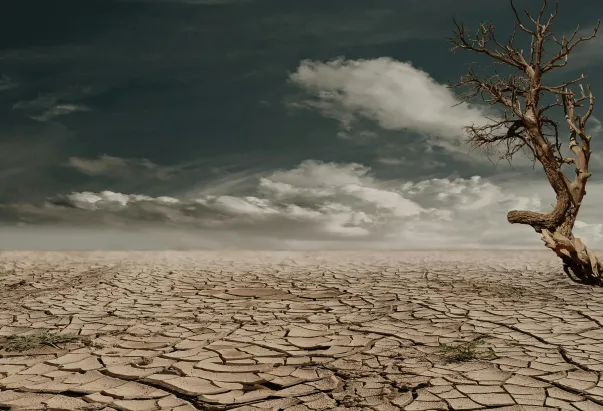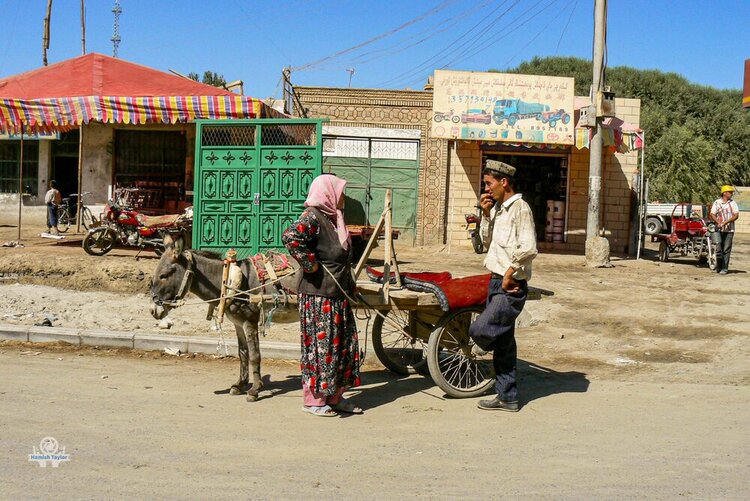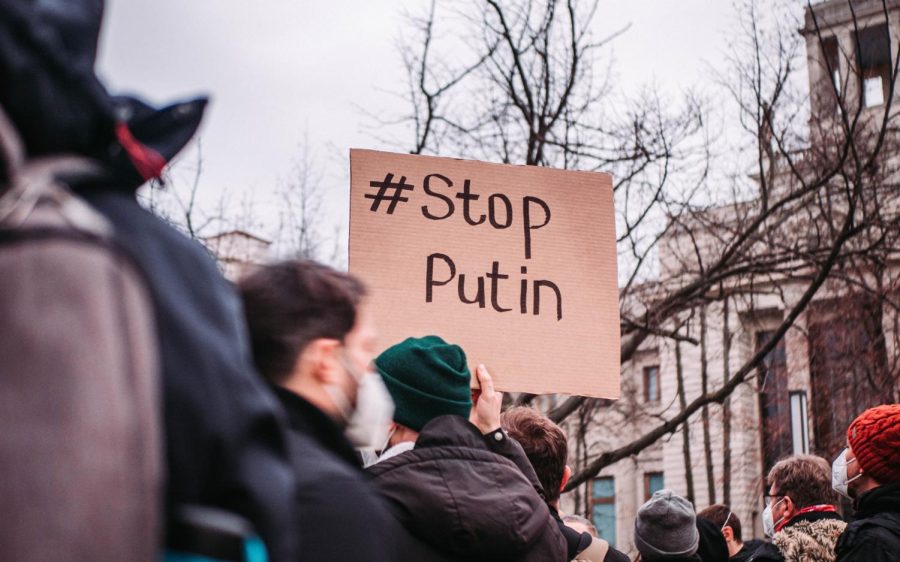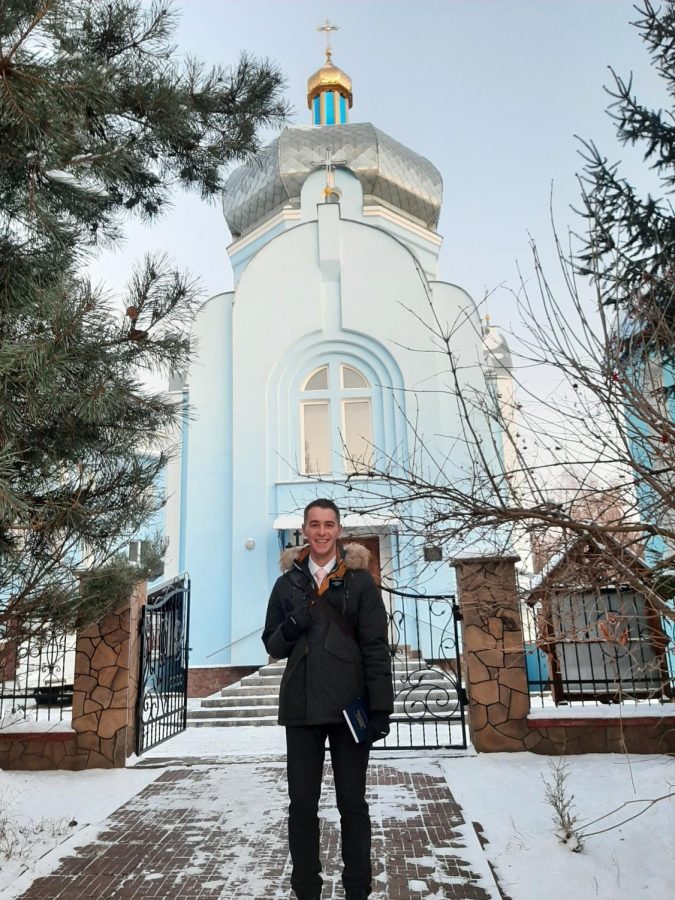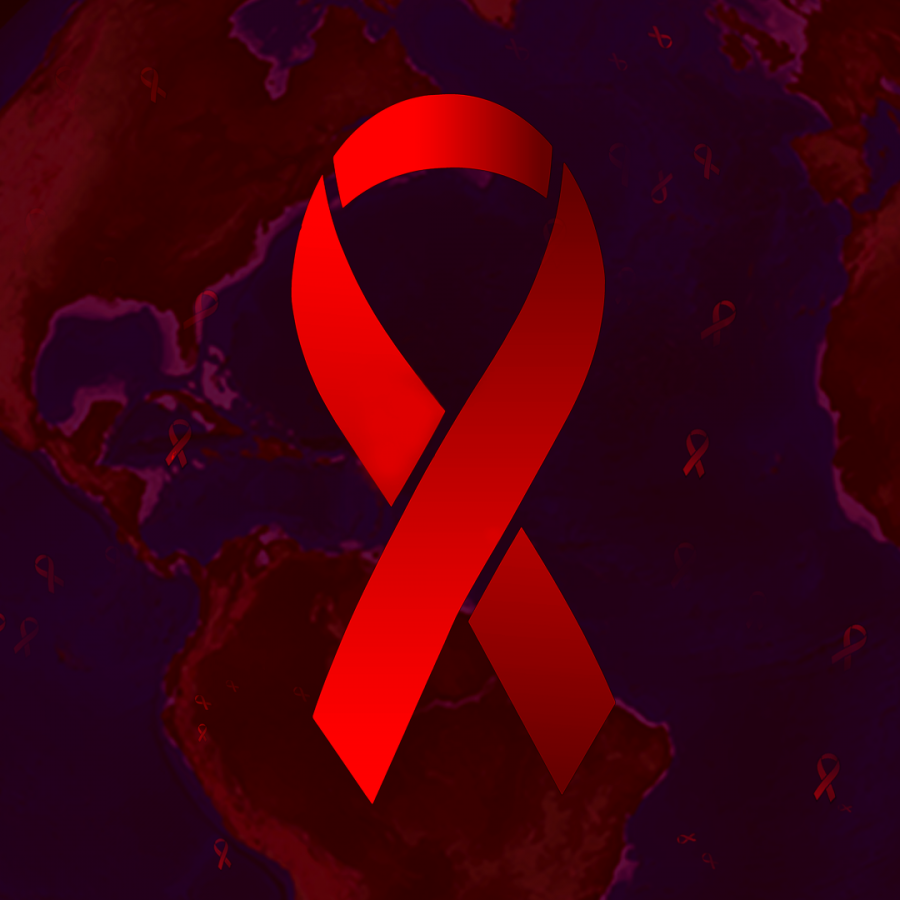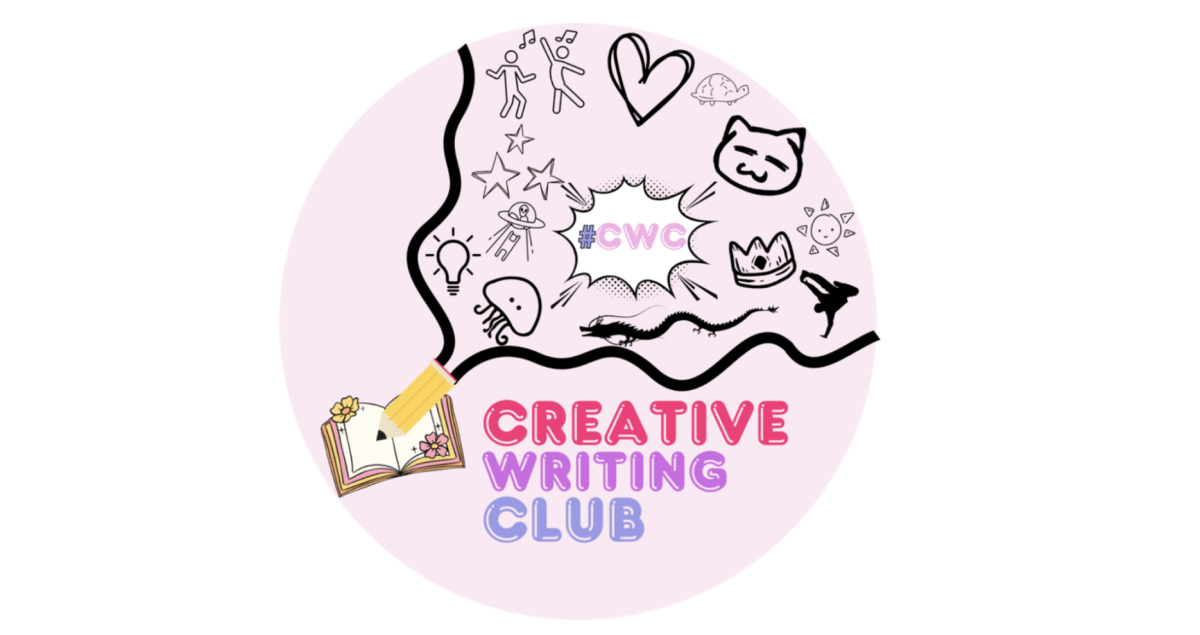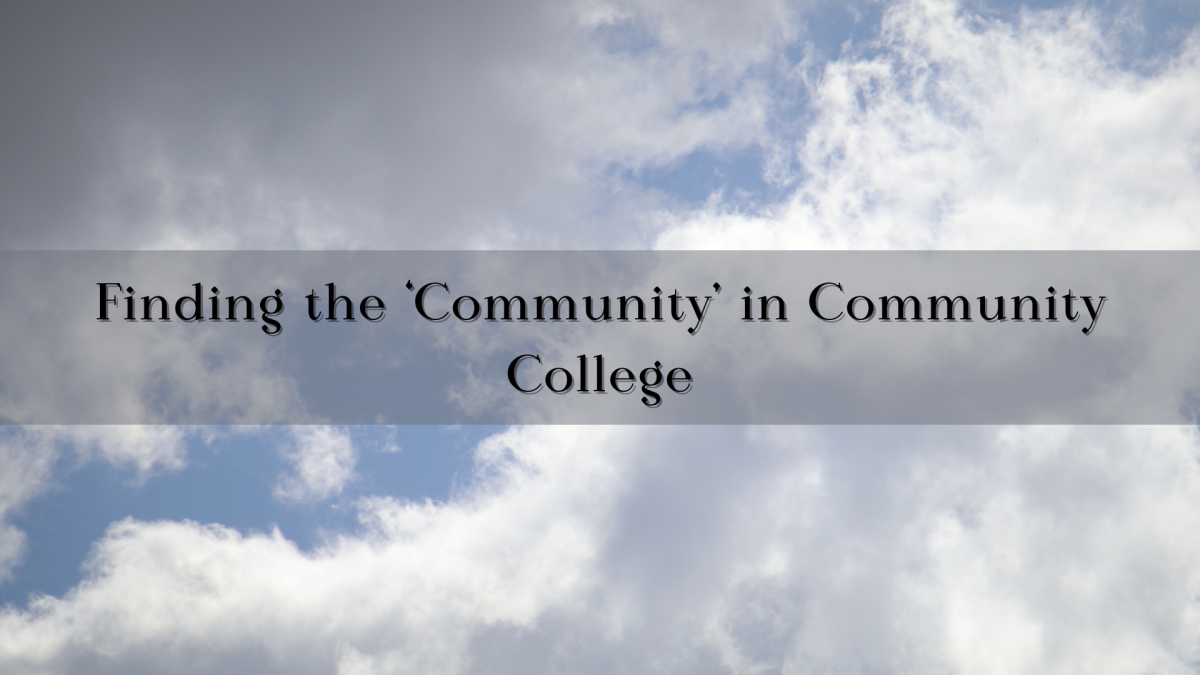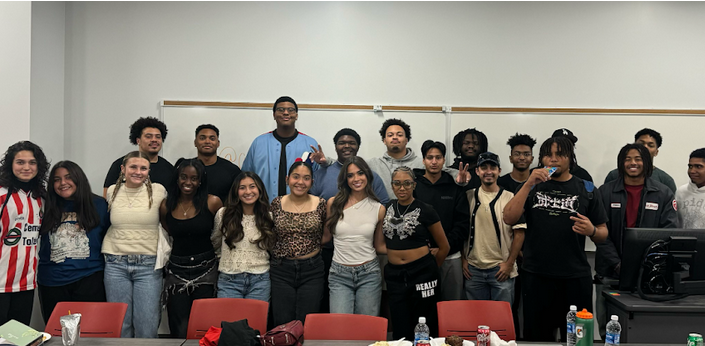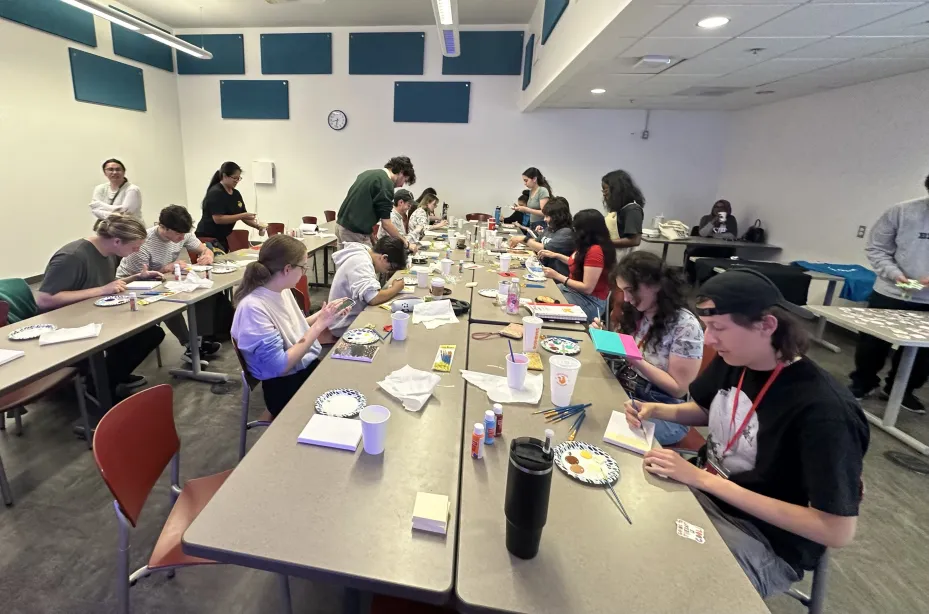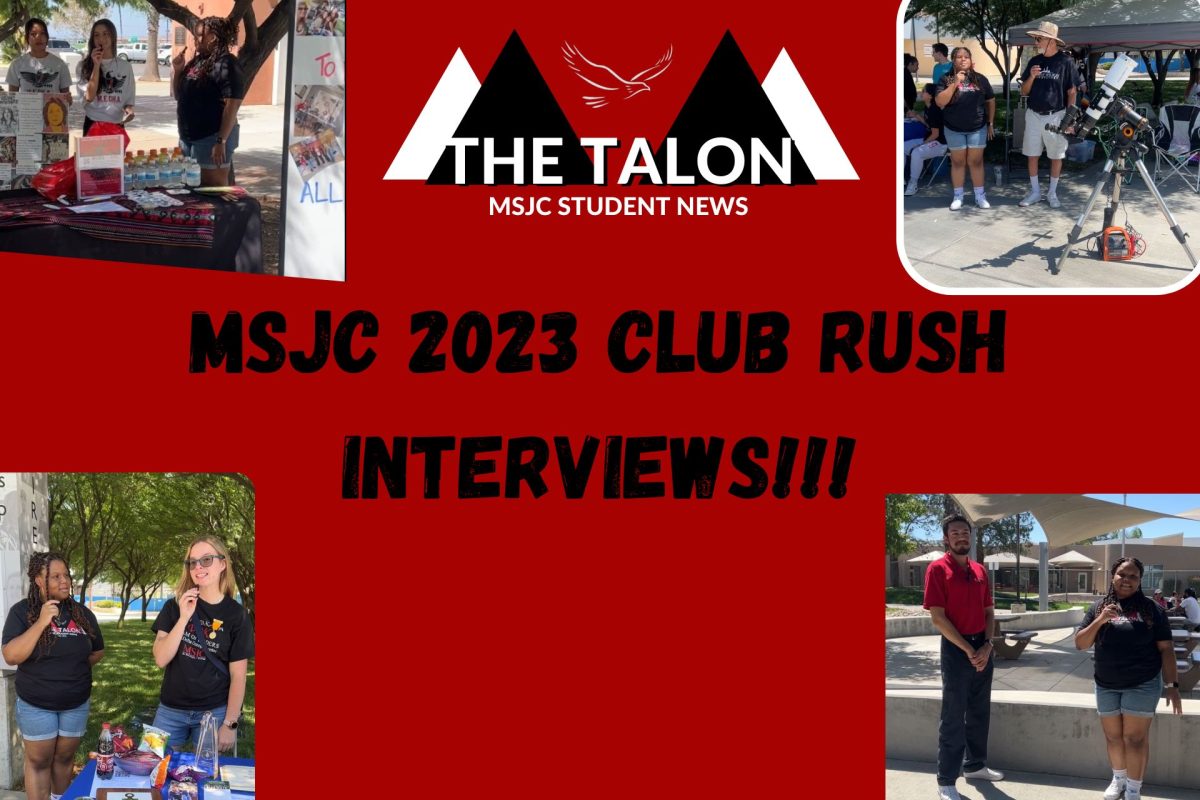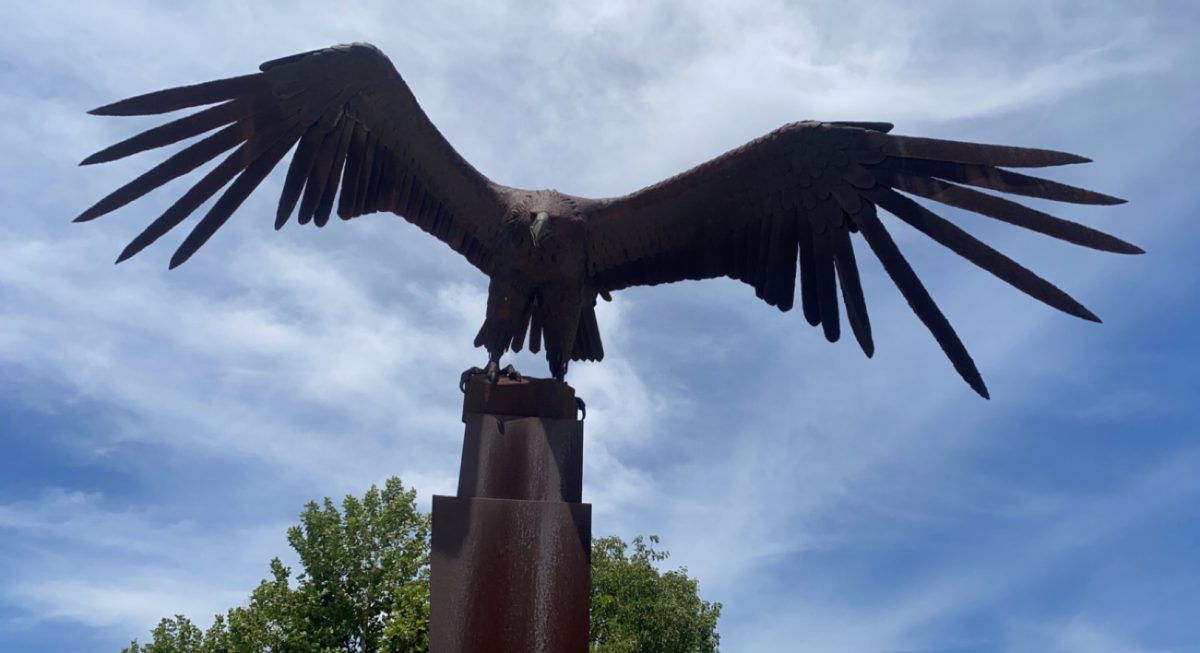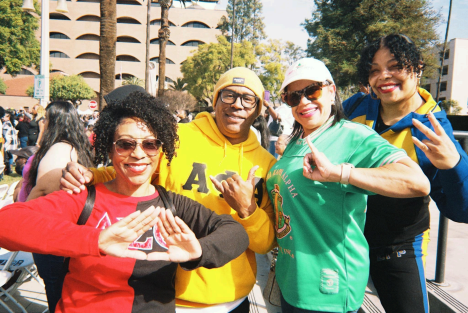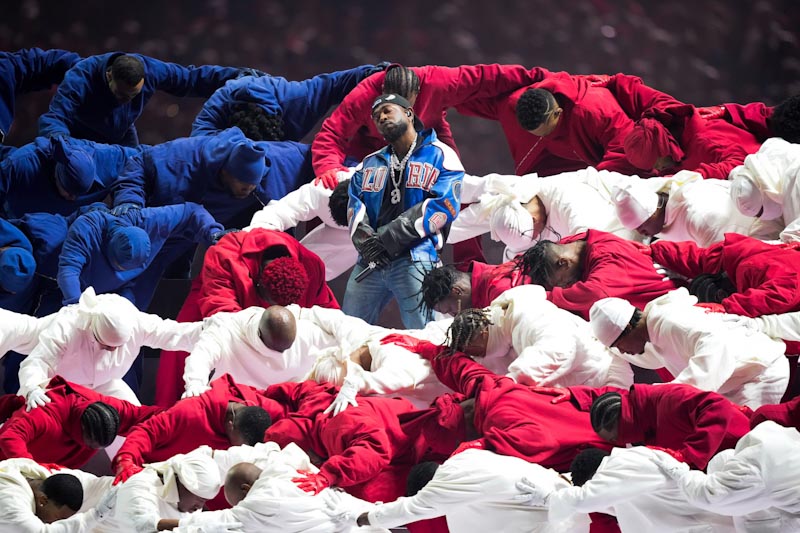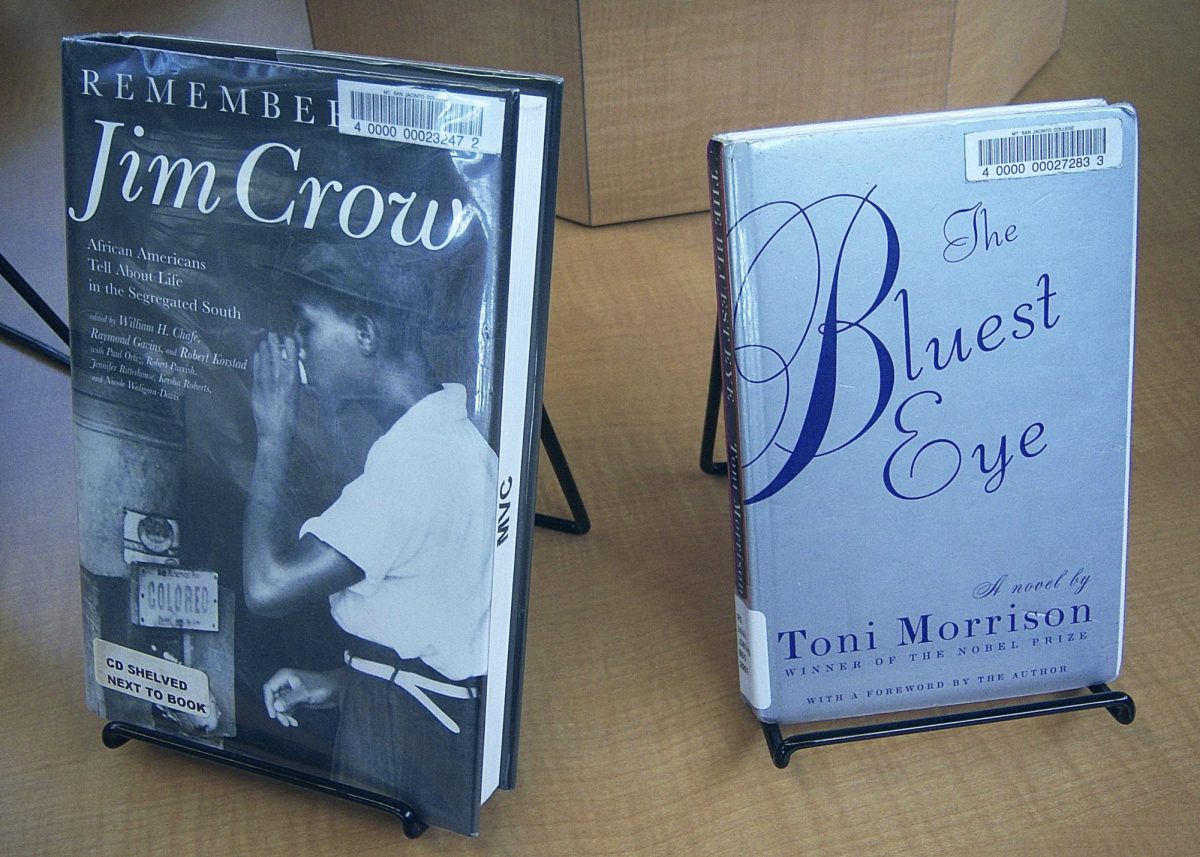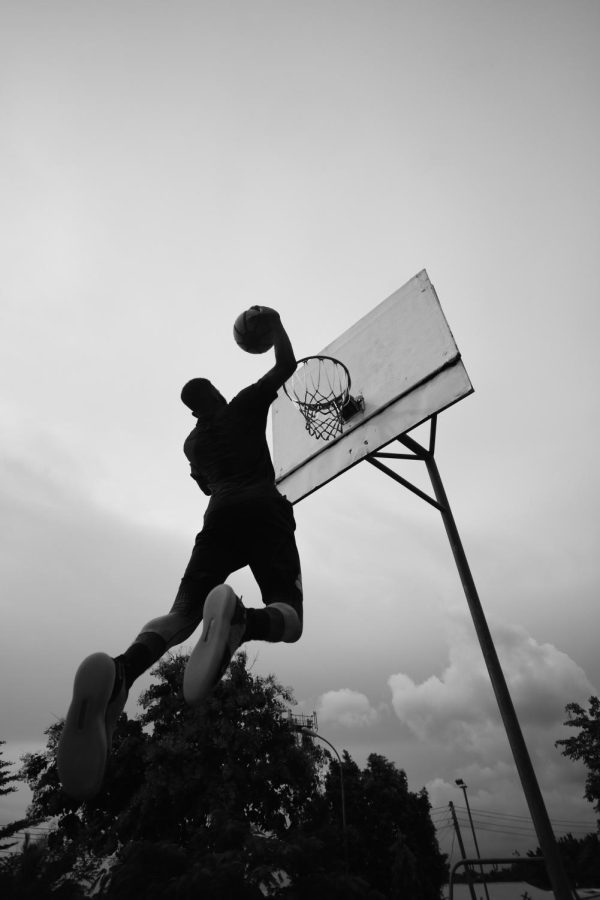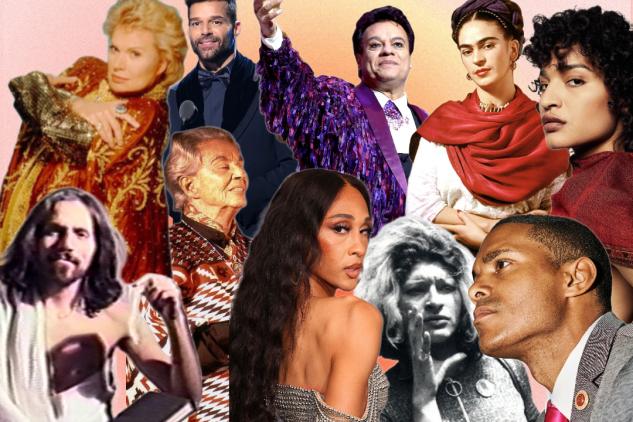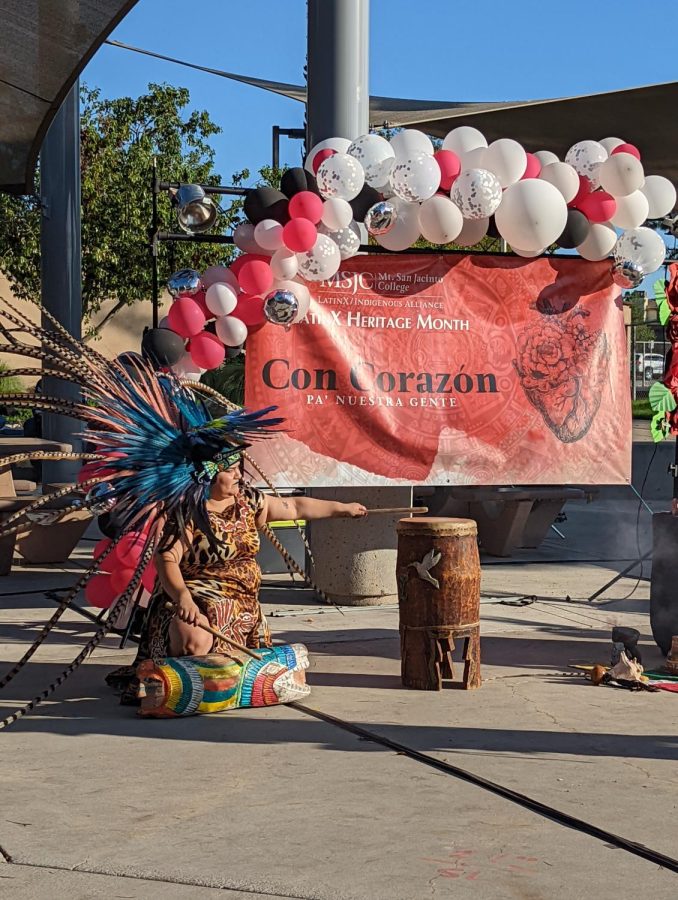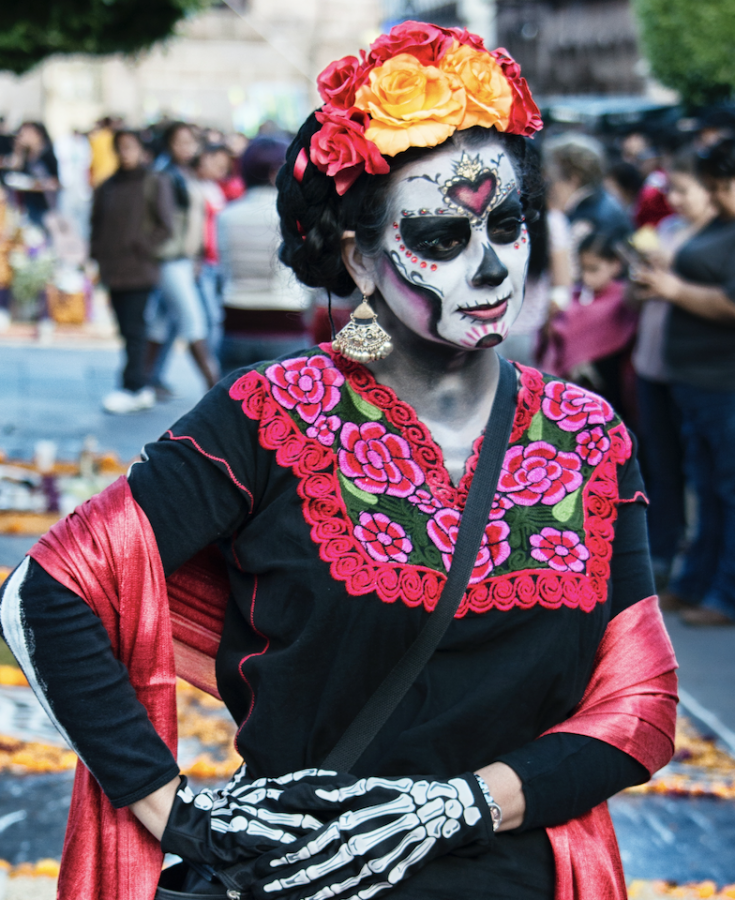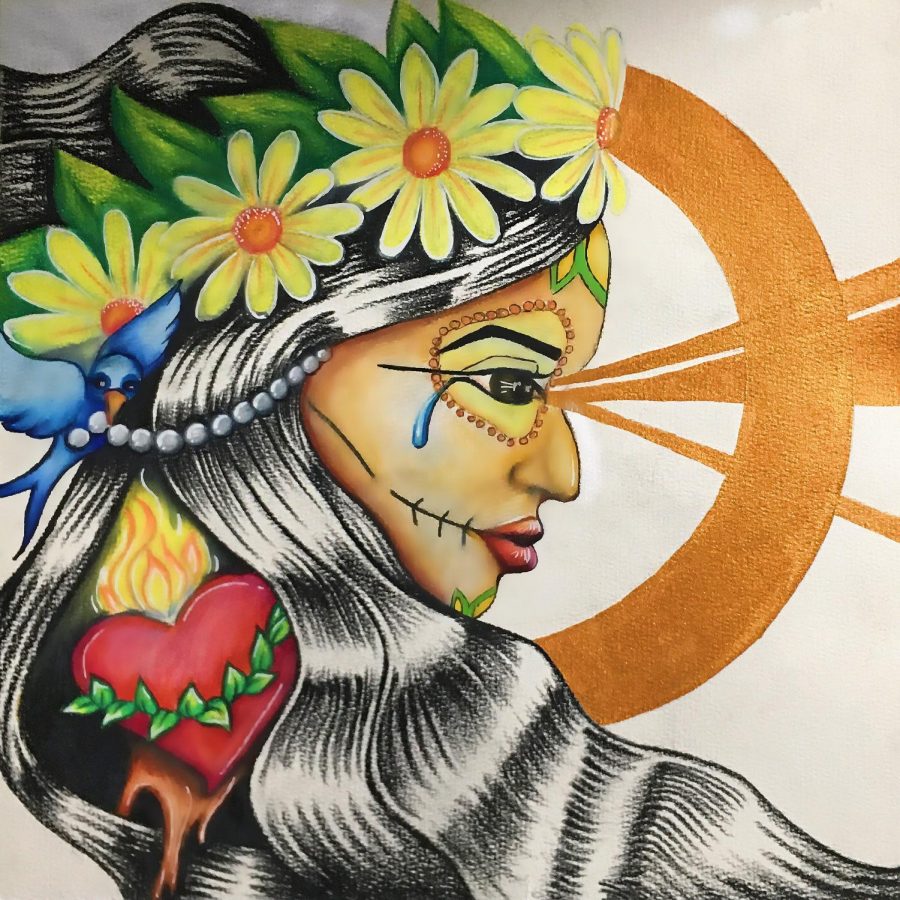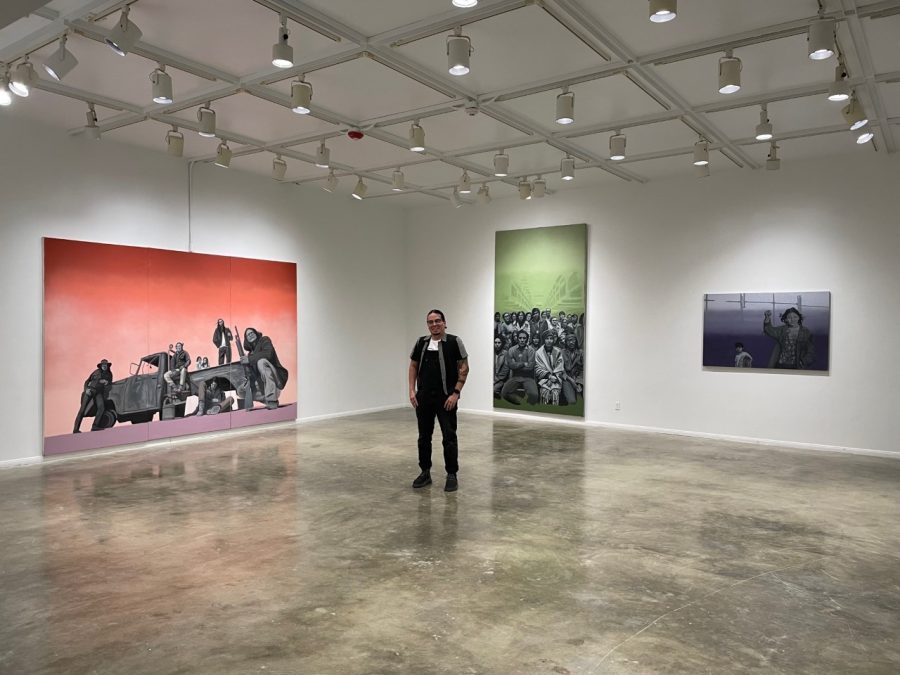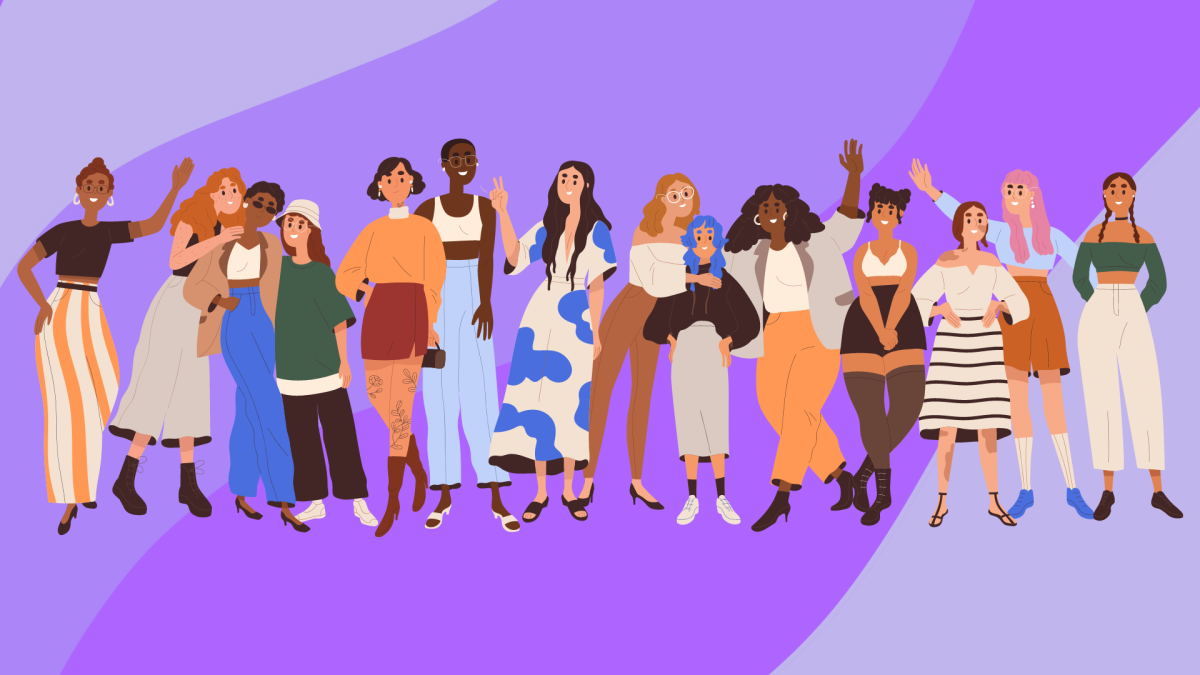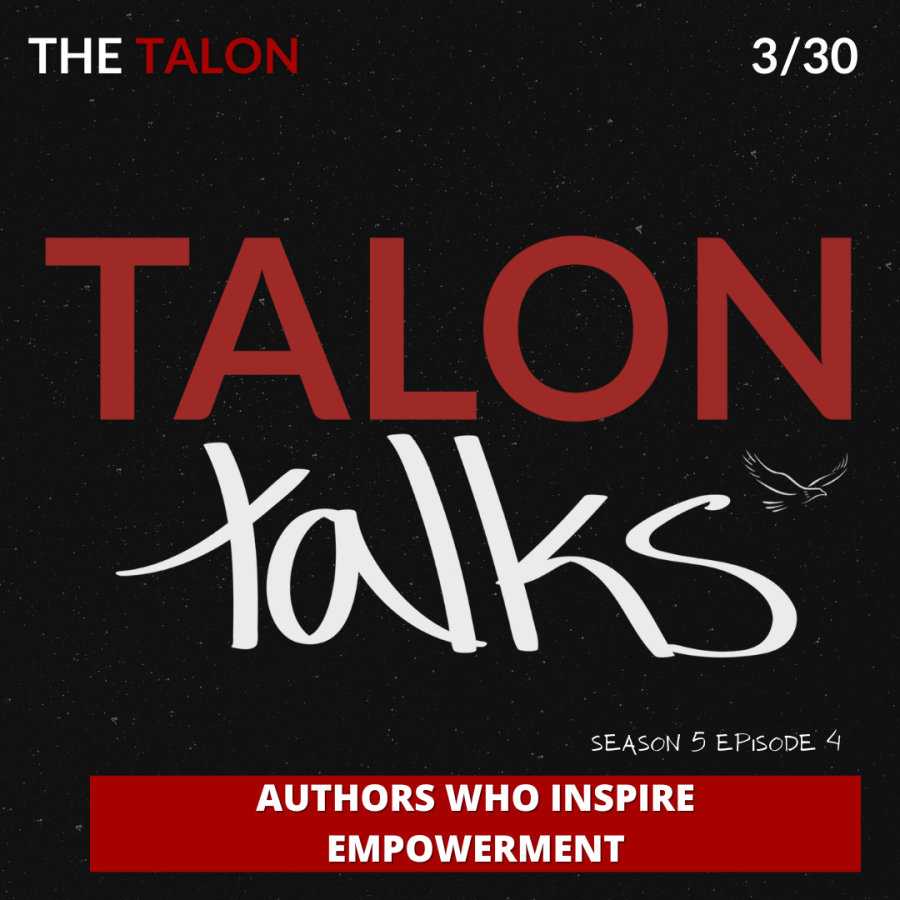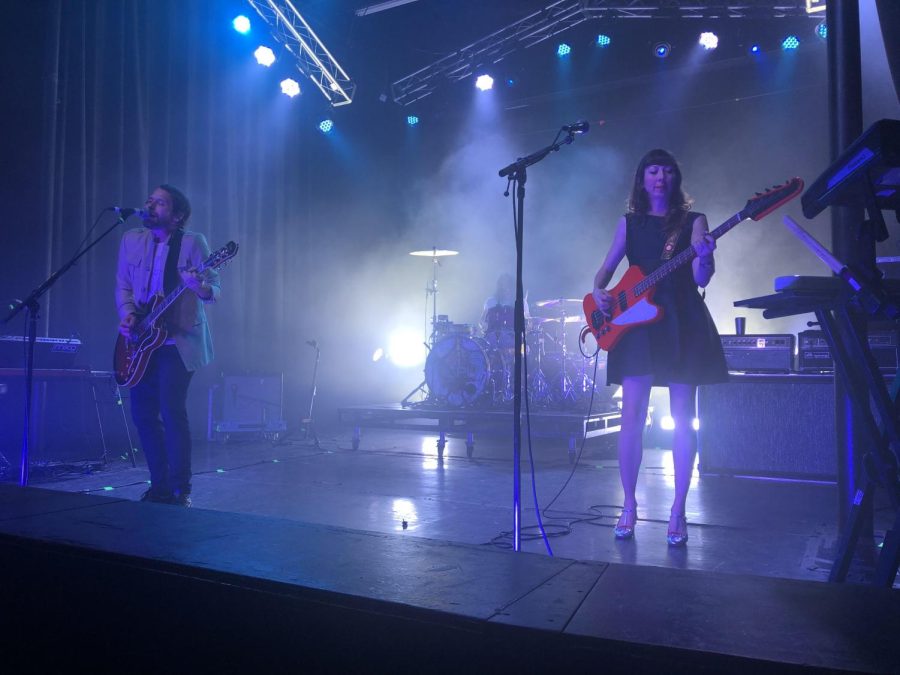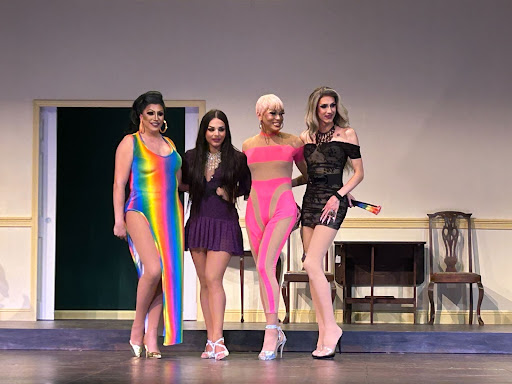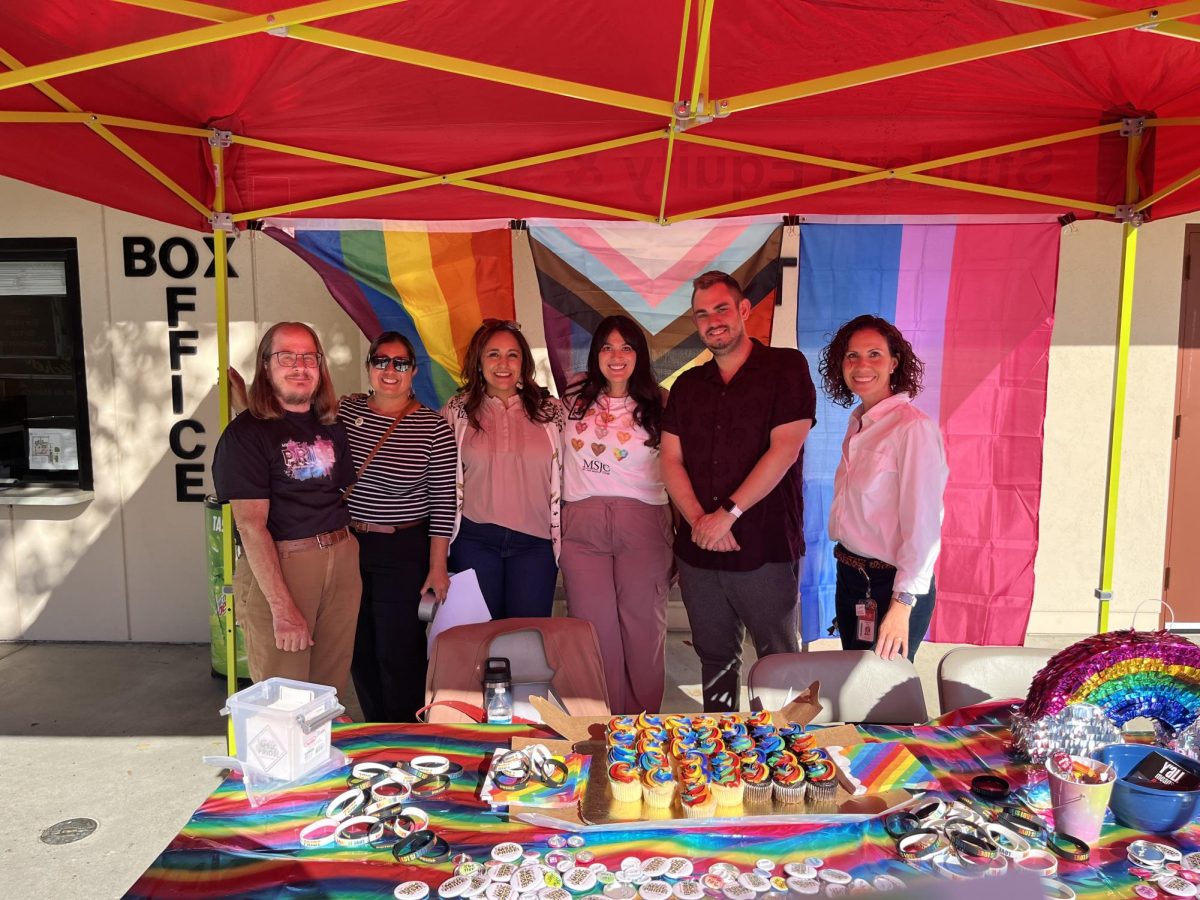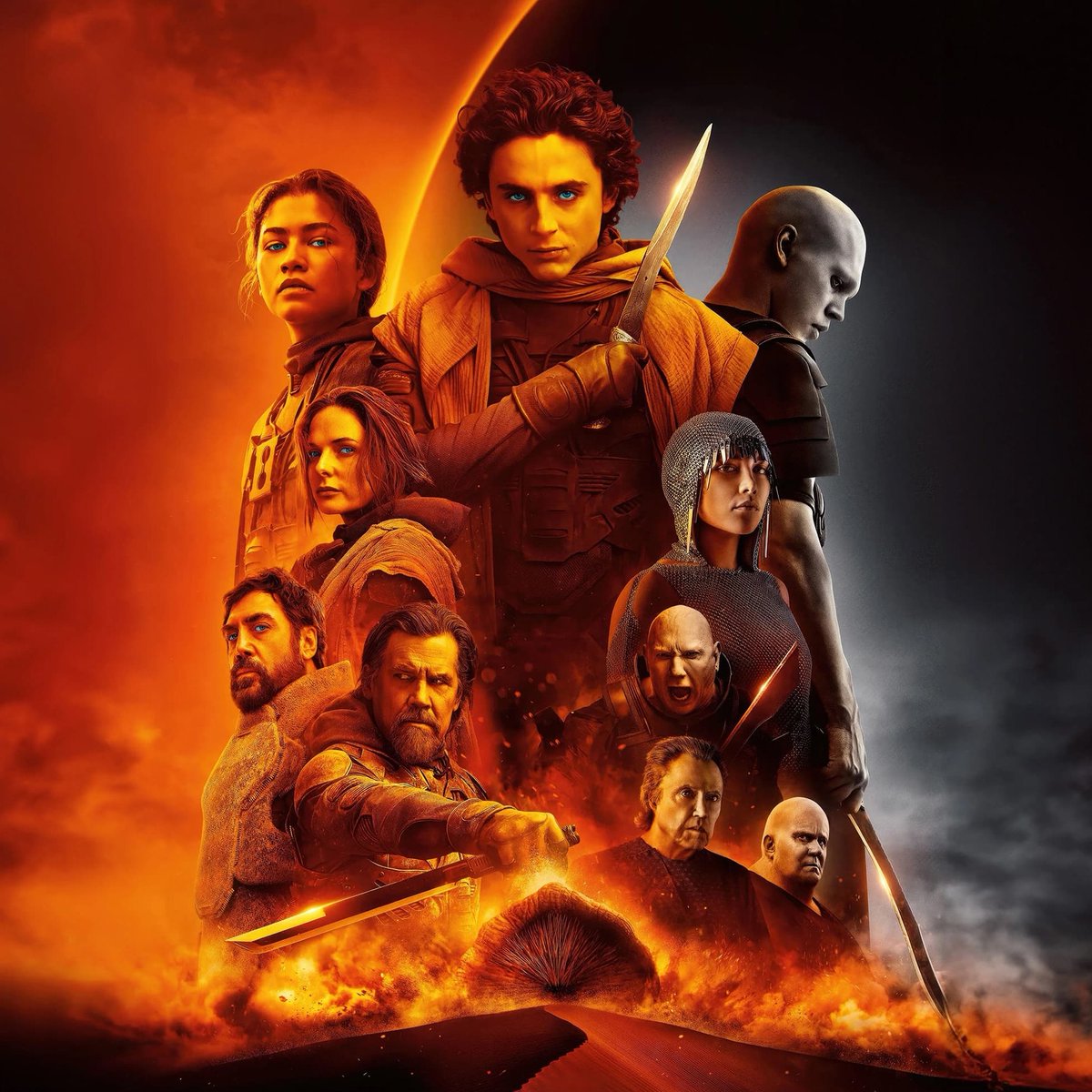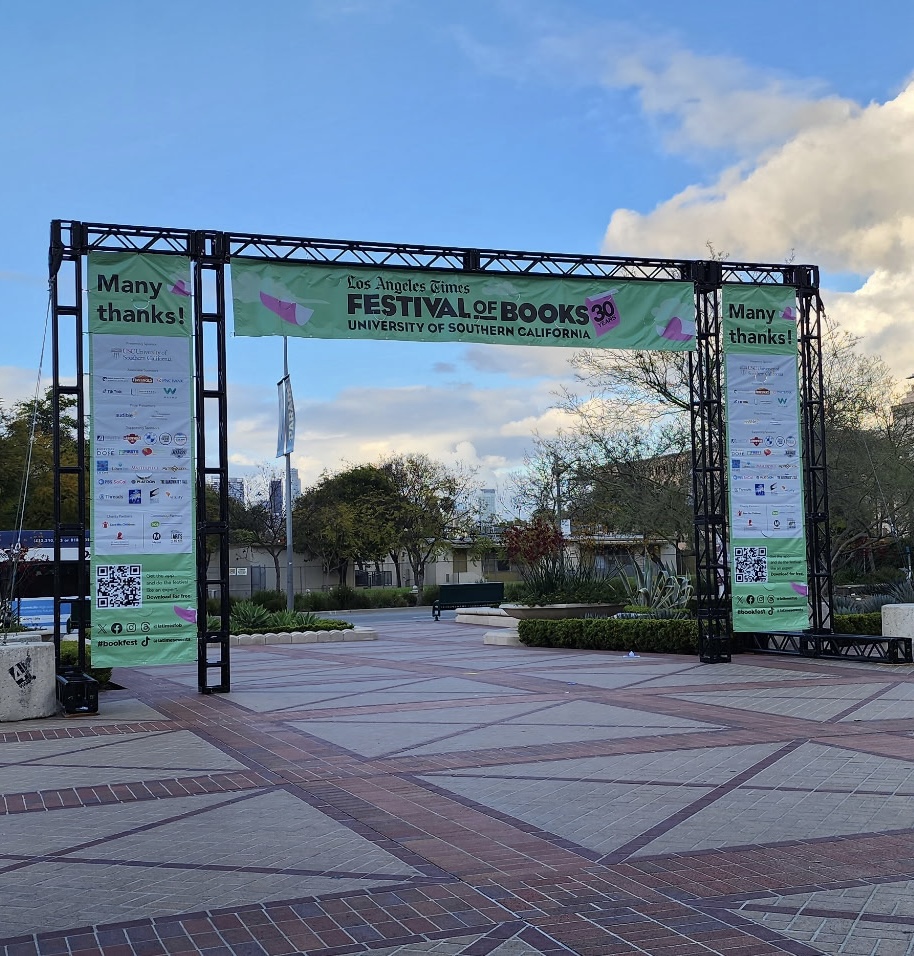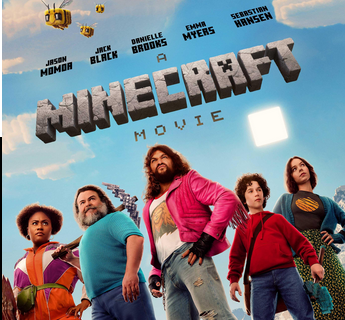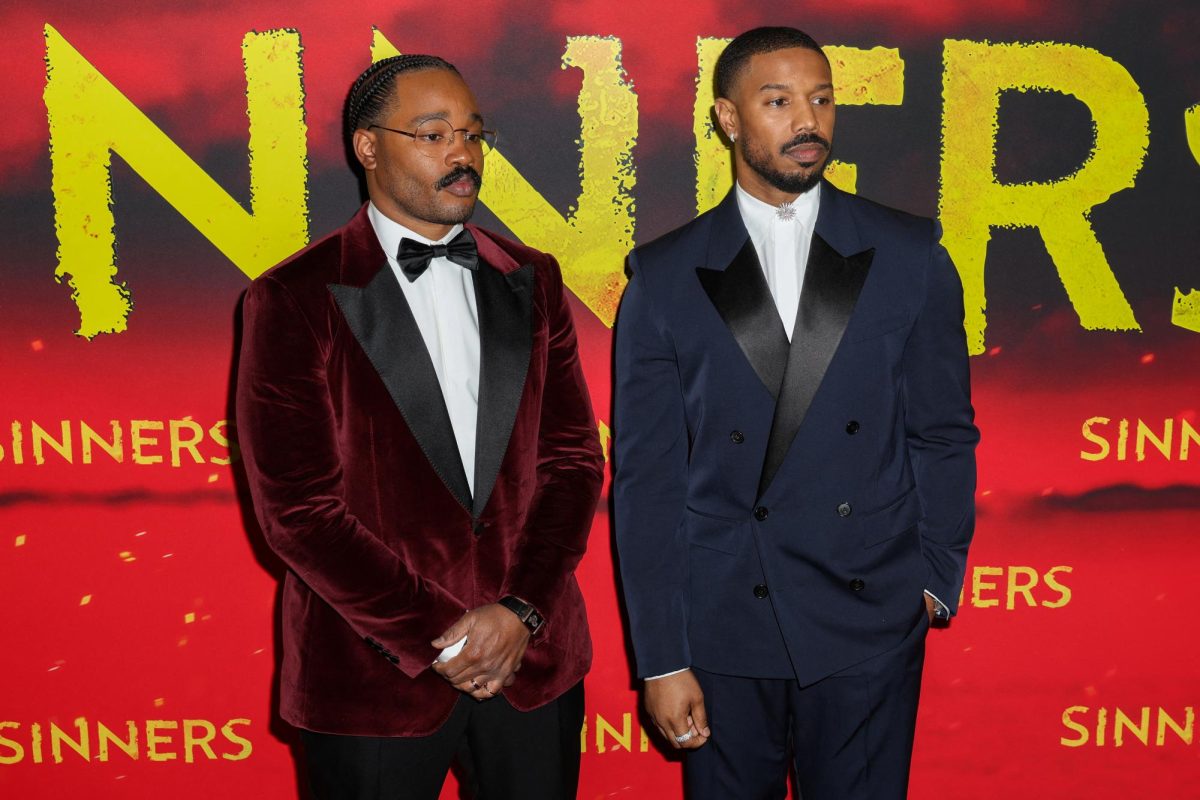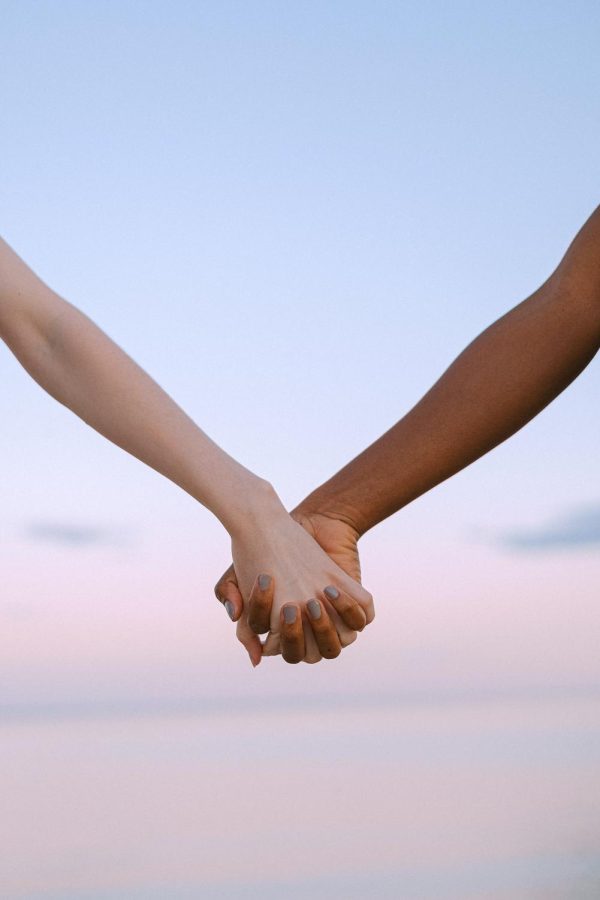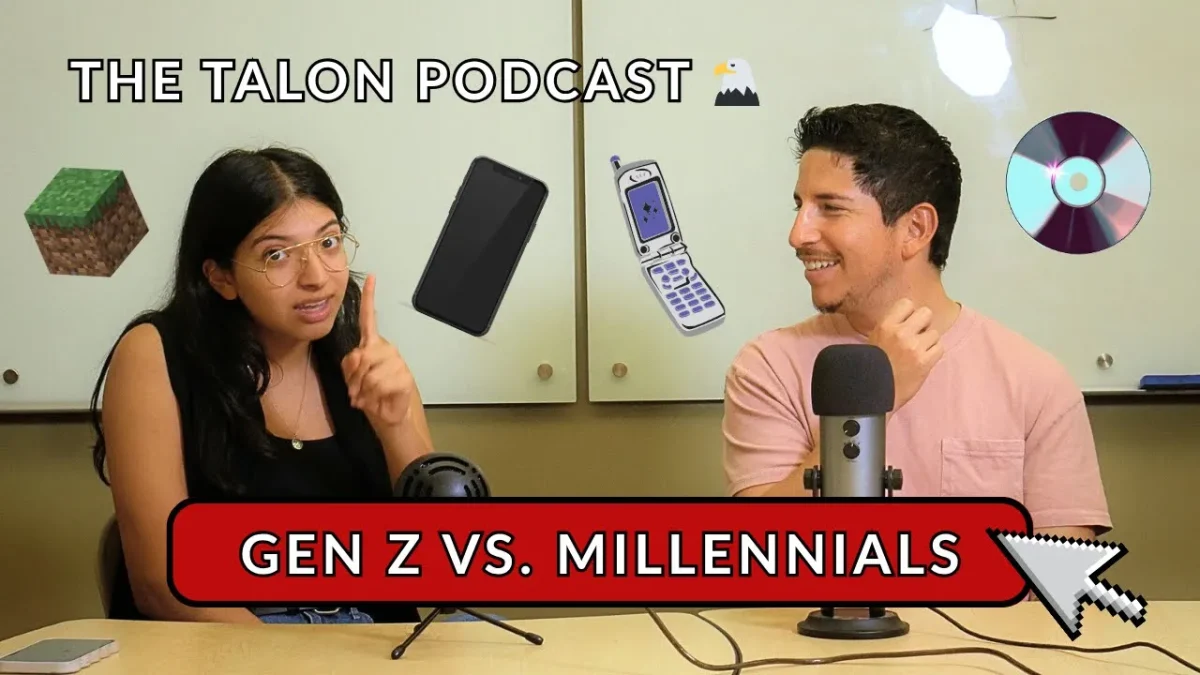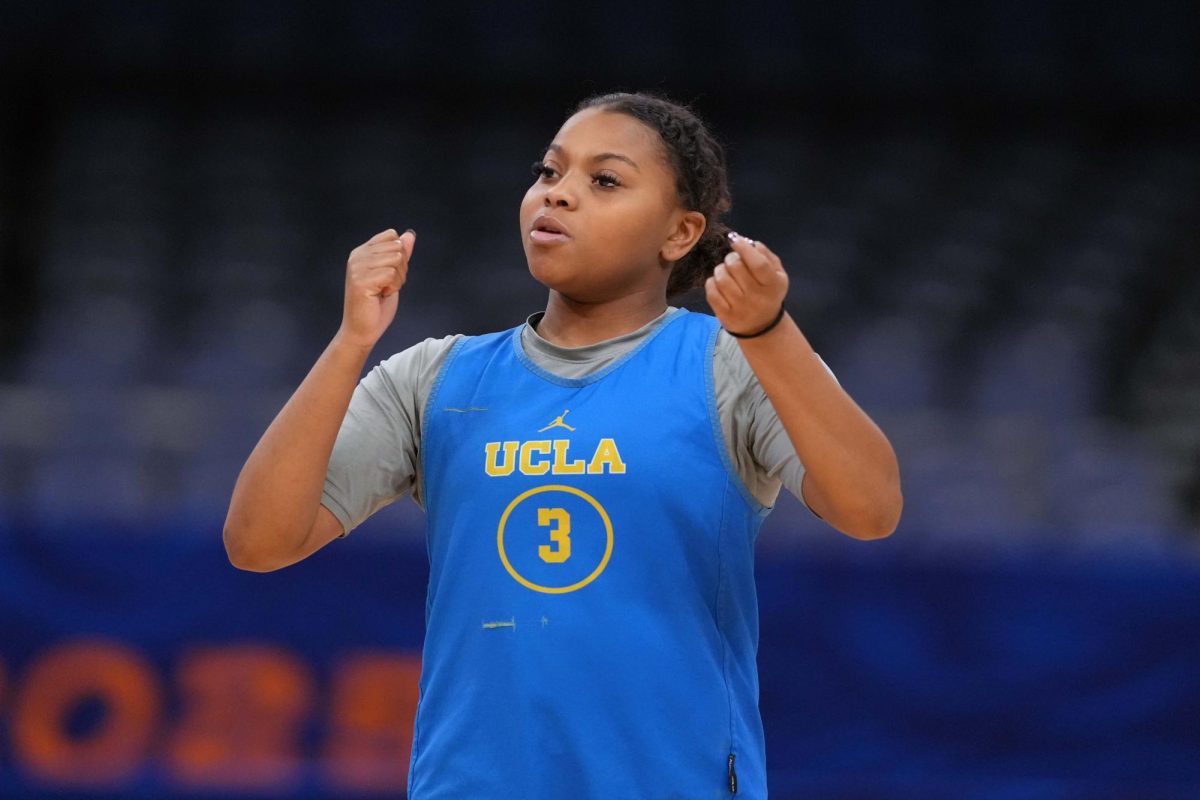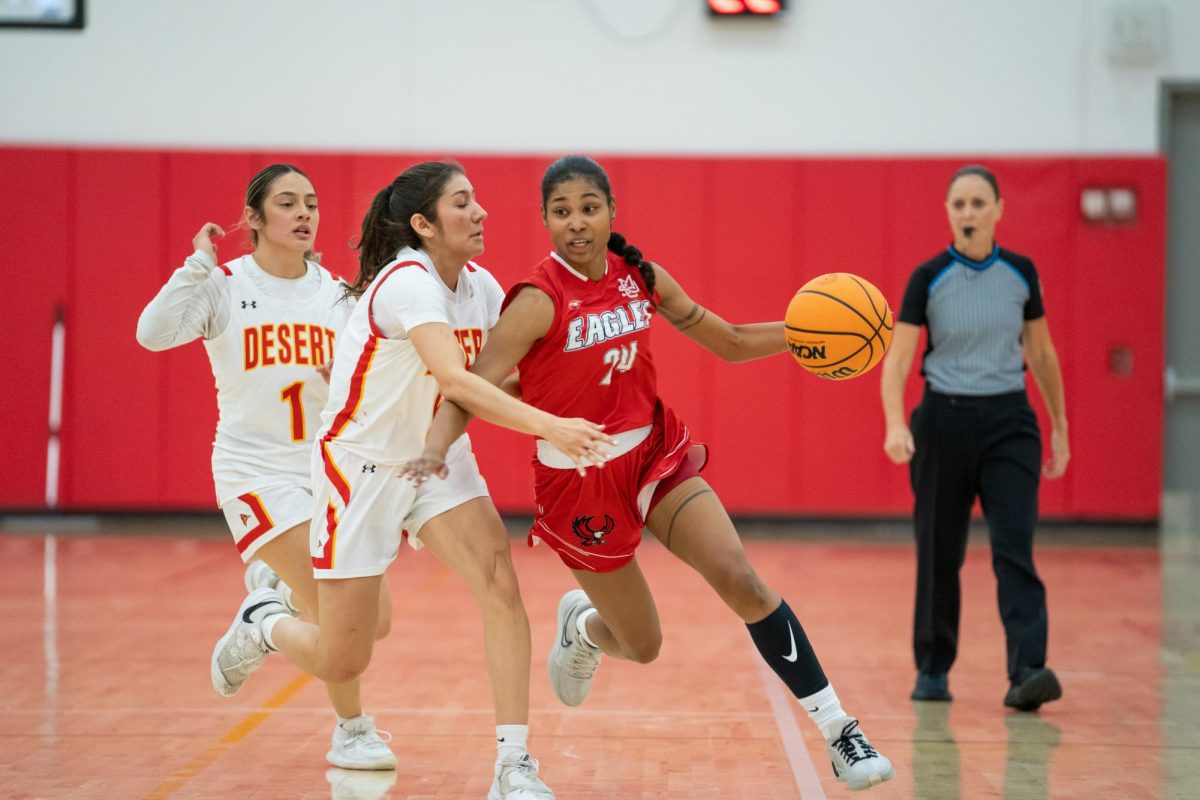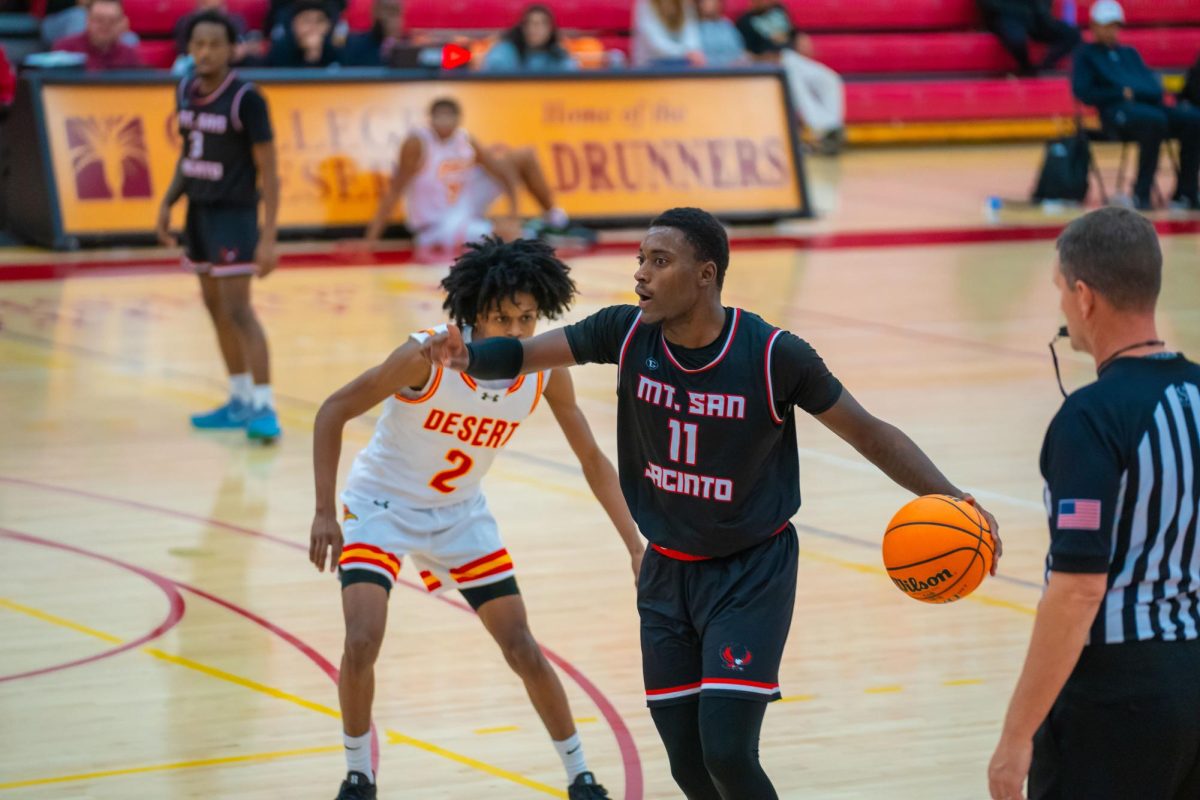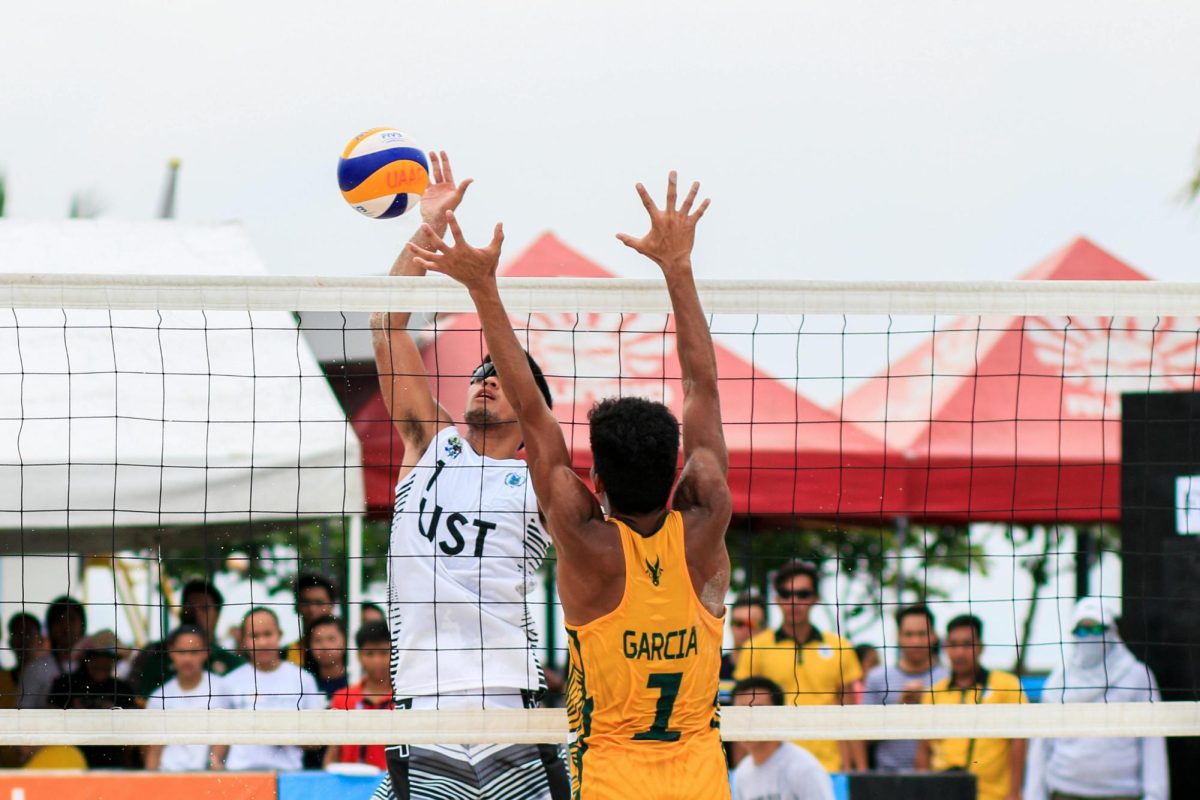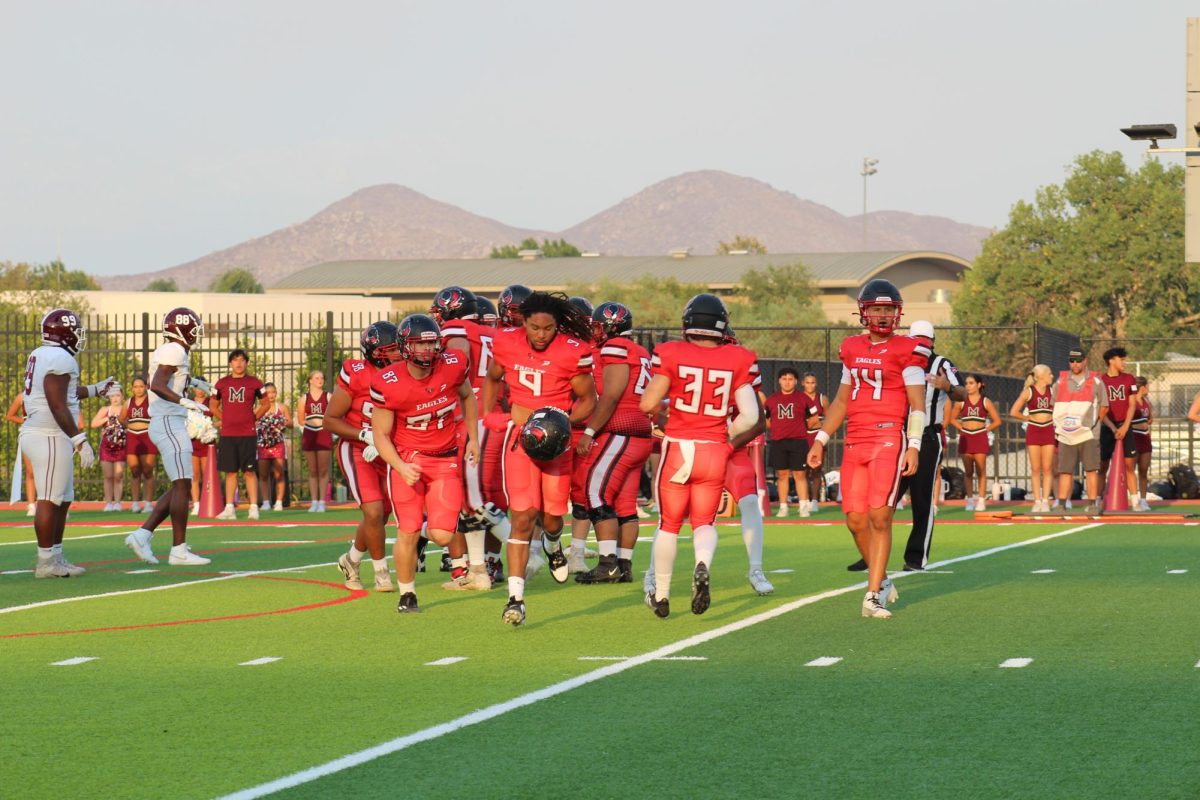In an era marked by societal divisions and economic challenges, sports continue to emerge as a unifying force, transcending barriers and adopting positive change in communities worldwide. From breaking down societal prejudices to driving economic growth, the impact of sports on today’s society is impactful and multi-faceted.
Catalyst for Social Change:
Sports have long been acknowledged as a platform promoting inclusion and equality. A perfect example is sports’s crucial role in the civil rights movement. In the mid-20th century, athletes like Jackie Robinson, the first African American baseball player to play in the “MLB, and Muhammad Ali”. Legendary athletes and activists both used their platforms to challenge racial segregation and advocate for social justice.
Sports have always been more than just games. They’re a powerful force that can bridge gaps between people from different backgrounds. Take the 1995 Rugby World Cup in South Africa, for example. Back then, the country was still grappling with the scars of apartheid, a system of racial segregation and discrimination. But during that tournament, something extraordinary happened. The Springboks, South Africa’s national rugby team, became a symbol of hope and unity for the nation. As they competed on the world stage, their success brought together people of all races, cultures, and social classes. It was a moment of healing when sport transcended politics and divisions. The 1995 Rugby World Cup wasn’t just about winning a trophy; it was about showing the world that South Africa was capable of change, of moving beyond its troubled past. It was a reminder of the power of sports to inspire, unite, and bring out the best in us, both on and off the field. And for a country torn apart by apartheid, it was a beacon of hope for a brighter future.
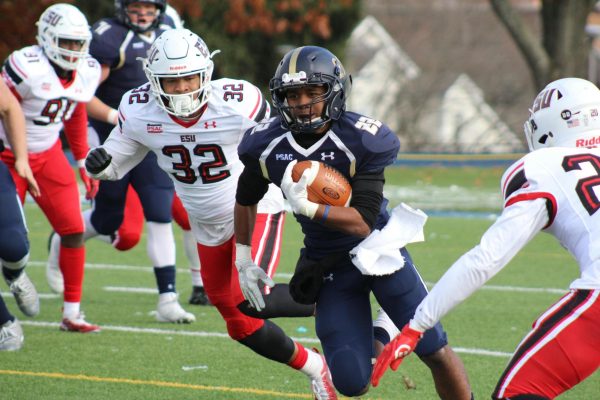
In recent years, athletes and sports organizations have increasingly used their influence to address pressing social issues, from gender equality to LGBTQ+ rights and environmental sustainability. Colin Kaepernick’s decision to kneel during the national anthem in protest of racial injustice sparked a global conversation and inspired other athletes to speak out against systemic racism.
Economic Impact:
Sports aren’t just about the game; they’re also big business. The sports industry is a powerhouse, driving economic growth and creating jobs across various sectors. From broadcasting to merchandising to event management, sports have become a multi-billion-dollar industry with a global reach.
Major sporting events like the Olympics and FIFA World Cup aren’t just about athletes competing on the field; they’re also economic powerhouses. These events attract billions of viewers worldwide and inject billions of dollars into the host economies. For instance, the London 2012 Olympics generated a staggering £9.9 billion in economic output and supported over 240,000 jobs in the UK, according to a study by EY. But it’s not just mega-events that make a financial impact. Sports franchises, like basketball or football teams, are economic engines for their communities. They create jobs in sectors like hospitality, tourism, and infrastructure development. Moreover, having a professional sports team can put a city on the map, boosting its global profile and attracting investment.

For example, consider the impact of the Los Angeles Lakers in Southern California. Beyond their success on the basketball court, the Lakers franchise generates significant economic activity for the region. Game days at the Staples Center bring in thousands of fans, boosting local businesses such as restaurants, bars, and hotels. Moreover, the presence of the Lakers enhances Los Angeles’ reputation as a global sports destination, attracting tourists and investment to the city.
Similarly, the Green Bay Packers are more than just a football team; they’re a cornerstone of the Green Bay, Wisconsin community. The Packers’ home games at Lambeau Field draw fans from across the country, filling hotels and restaurants in the area. The team’s loyal fanbase also contributes to the local economy through merchandise sales and tourism, making the Packers a vital economic driver for Green Bay and the surrounding region.
Sports are more than just games; they’re a force for bringing people together and making a real difference. From breaking down social barriers to boosting local economies, sports have a significant impact on our society. Look at legends like Jackie Robinson and Muhammad Ali – they used their platform to stand up against injustice and fight for equality. And remember the 1995 Rugby World Cup? It showed how sports can unite a nation, even one torn apart by something as big as apartheid. Plus, let’s not forget about the economic side of things. Sports bring in big bucks, create jobs, and give communities a real boost. Whether it’s the LA Lakers packing out the Staples Center or the Green Bay Packers bringing a whole town together, sports bring out the best in us. So, as we cheer on our favorite teams, let’s also remember the power of sports to make the world a better place for everyone.
Sources:
- National Museum of African American History and Culture. “Jackie Robinson and Baseball’s Color Line.” nmaahc.si.edu.
- CNN. “How Nelson Mandela Used Rugby to Unite South Africa.” cnn.com.
- The Guardian. “Colin Kaepernick: A Timeline of His Protest and the Athletes Who Joined Him.” theguardian.com.
- EY. “The Economic Impact of London 2012.” ey.com.
